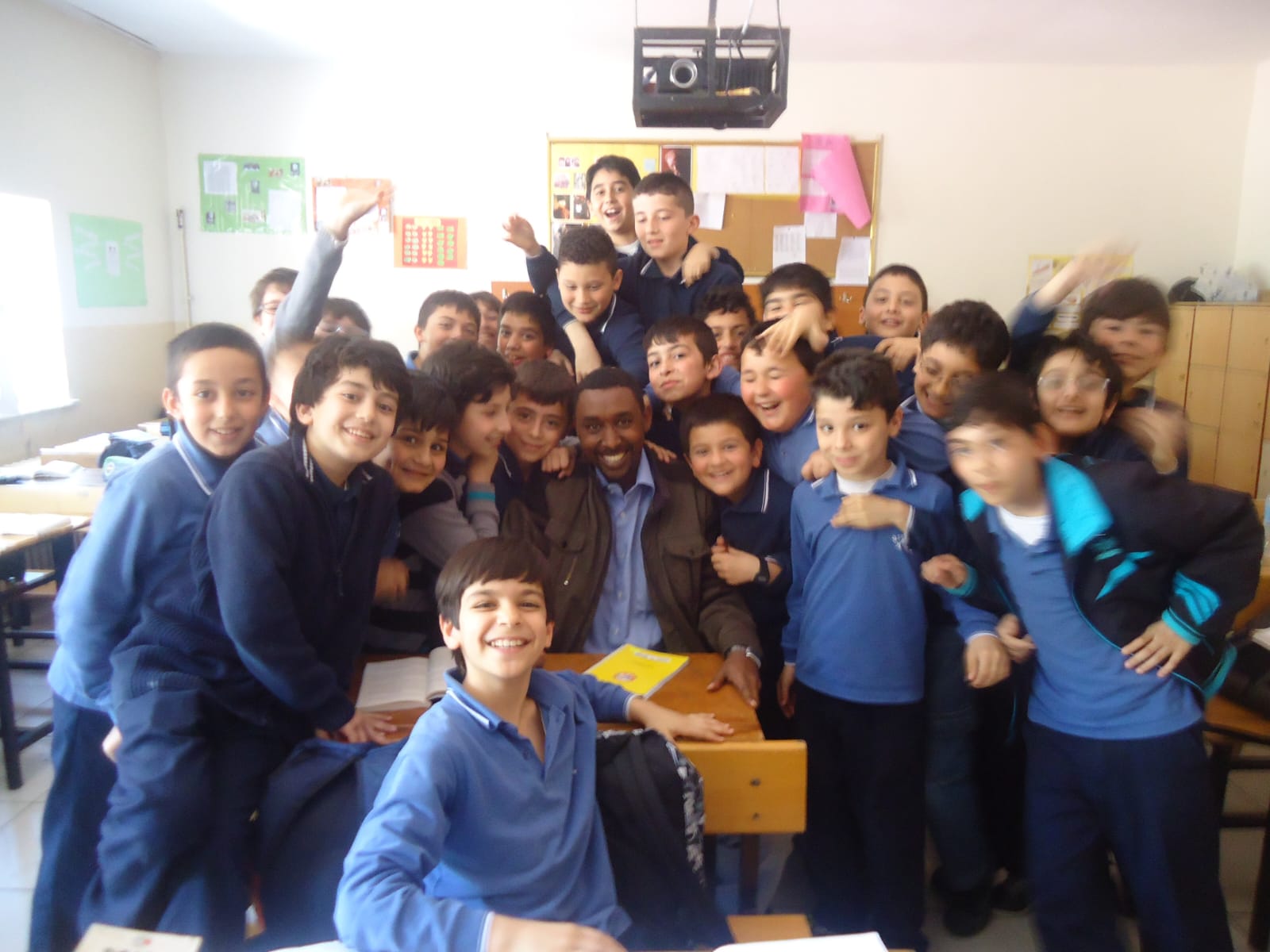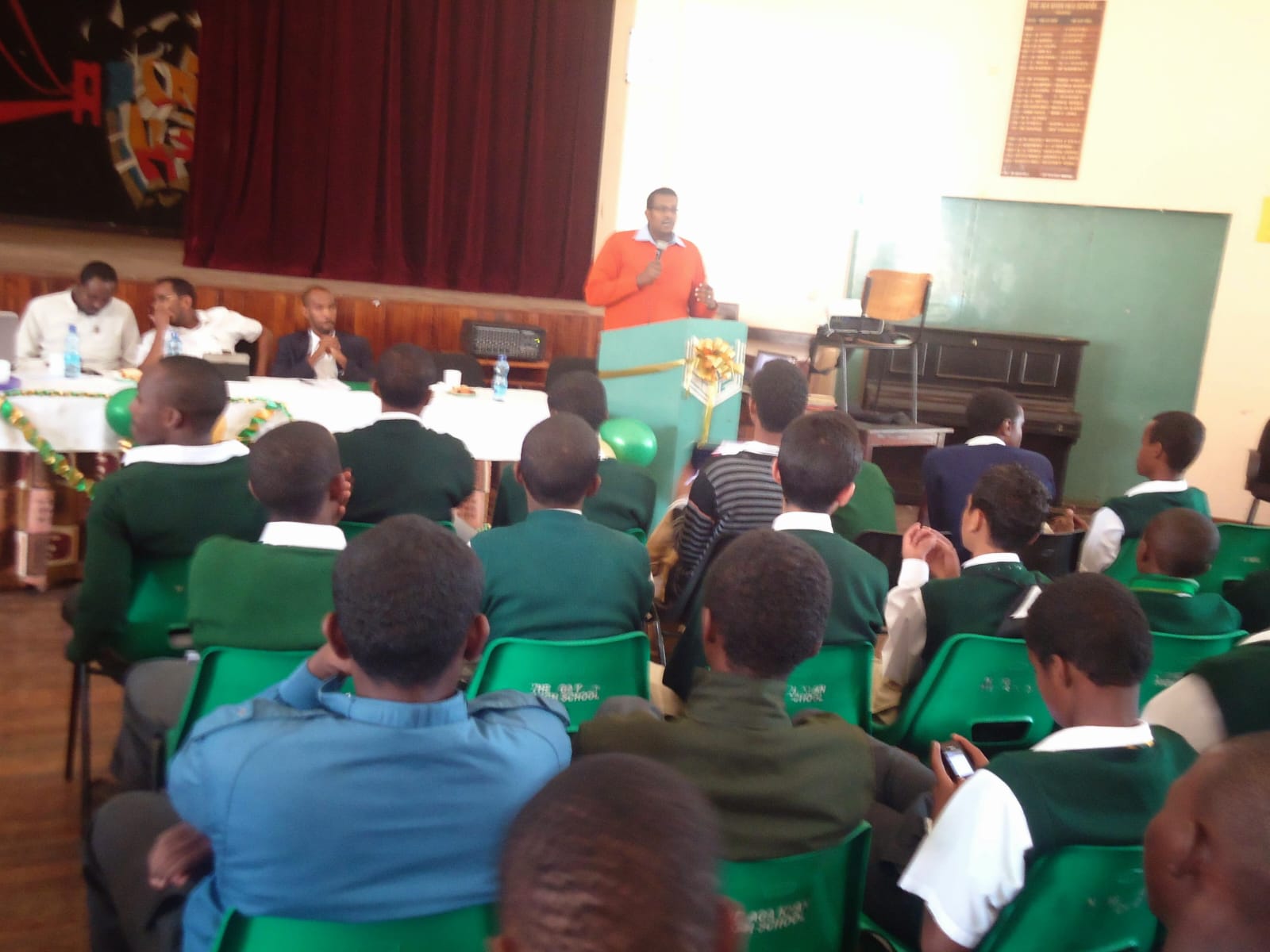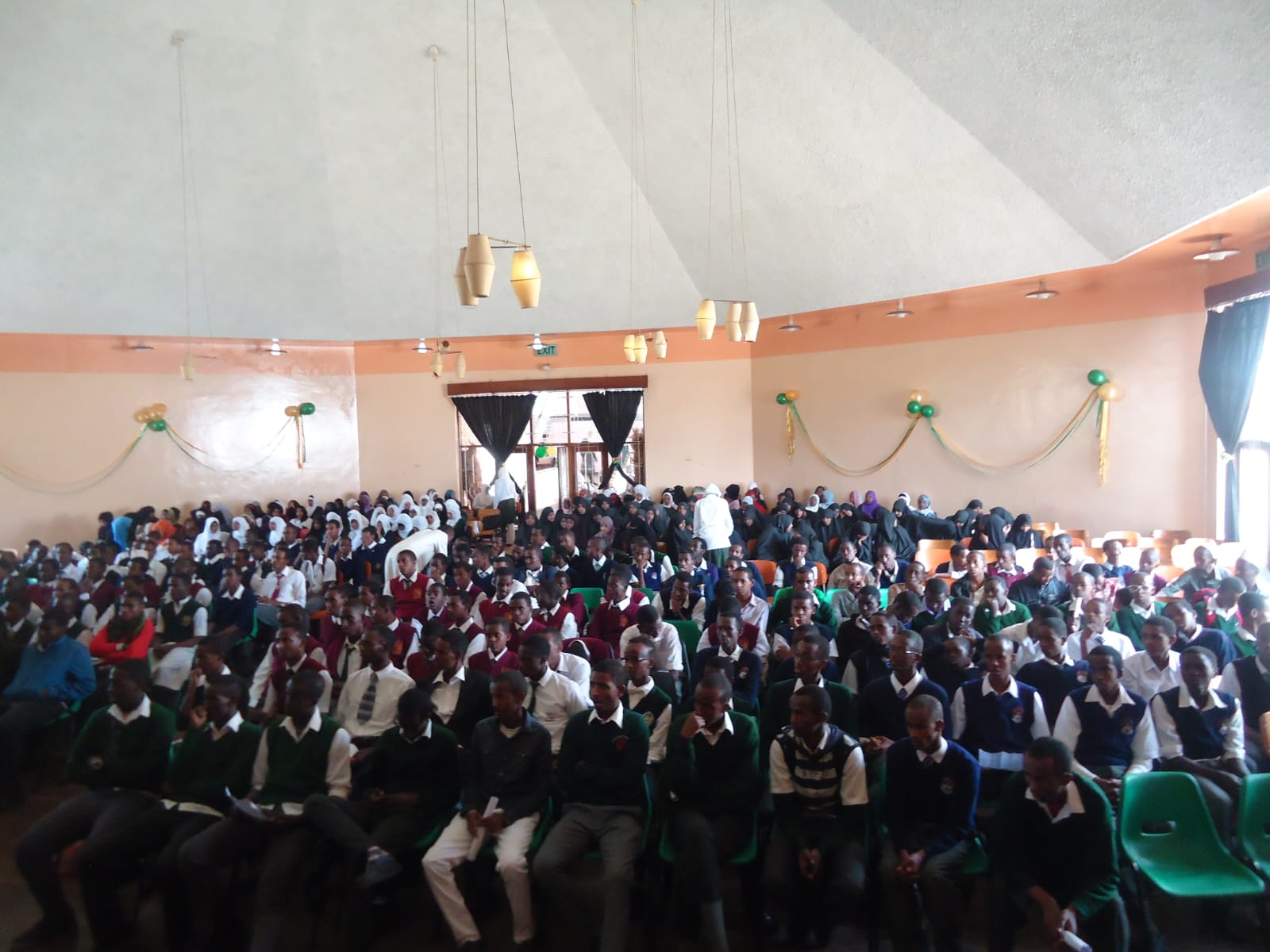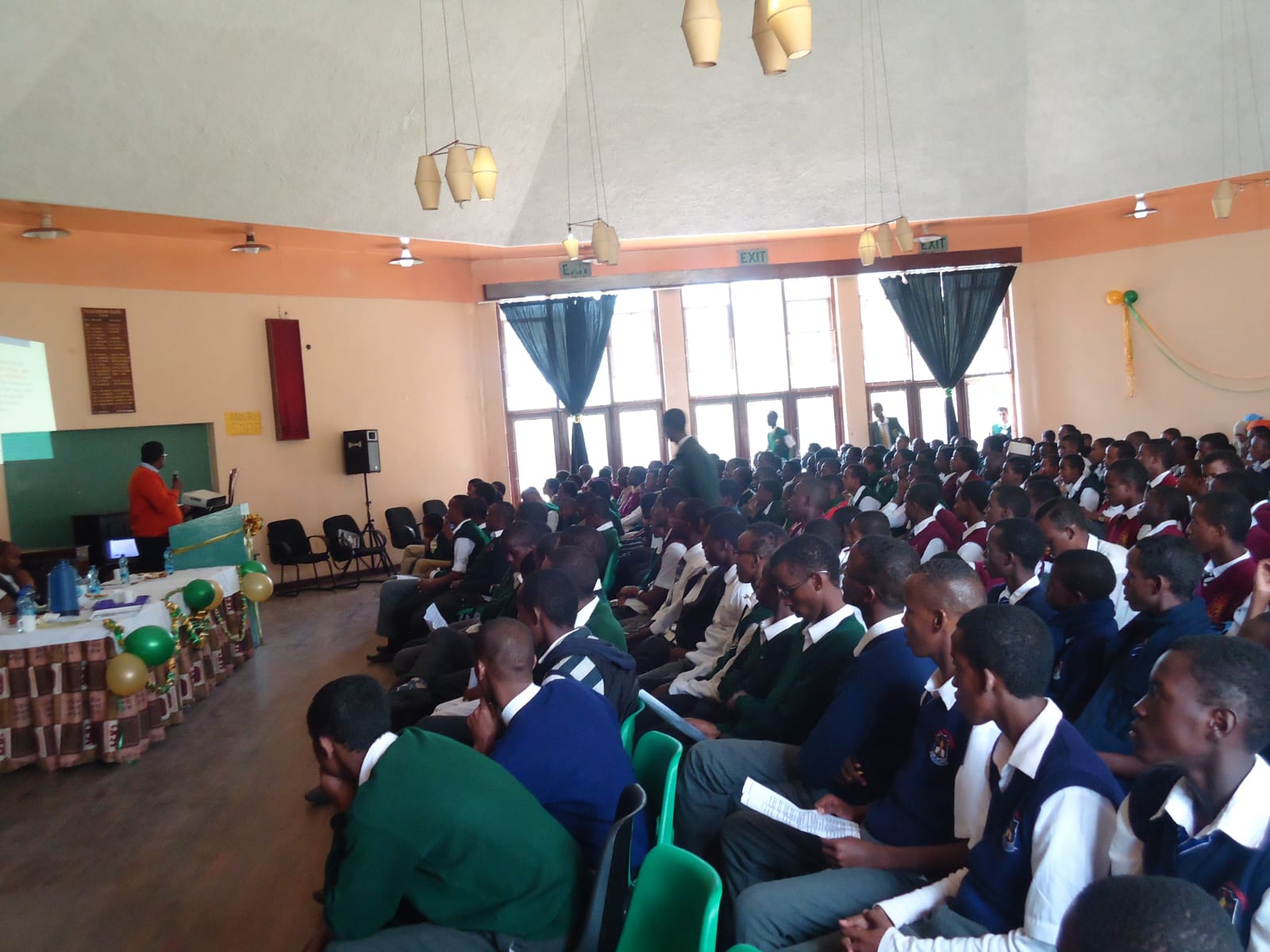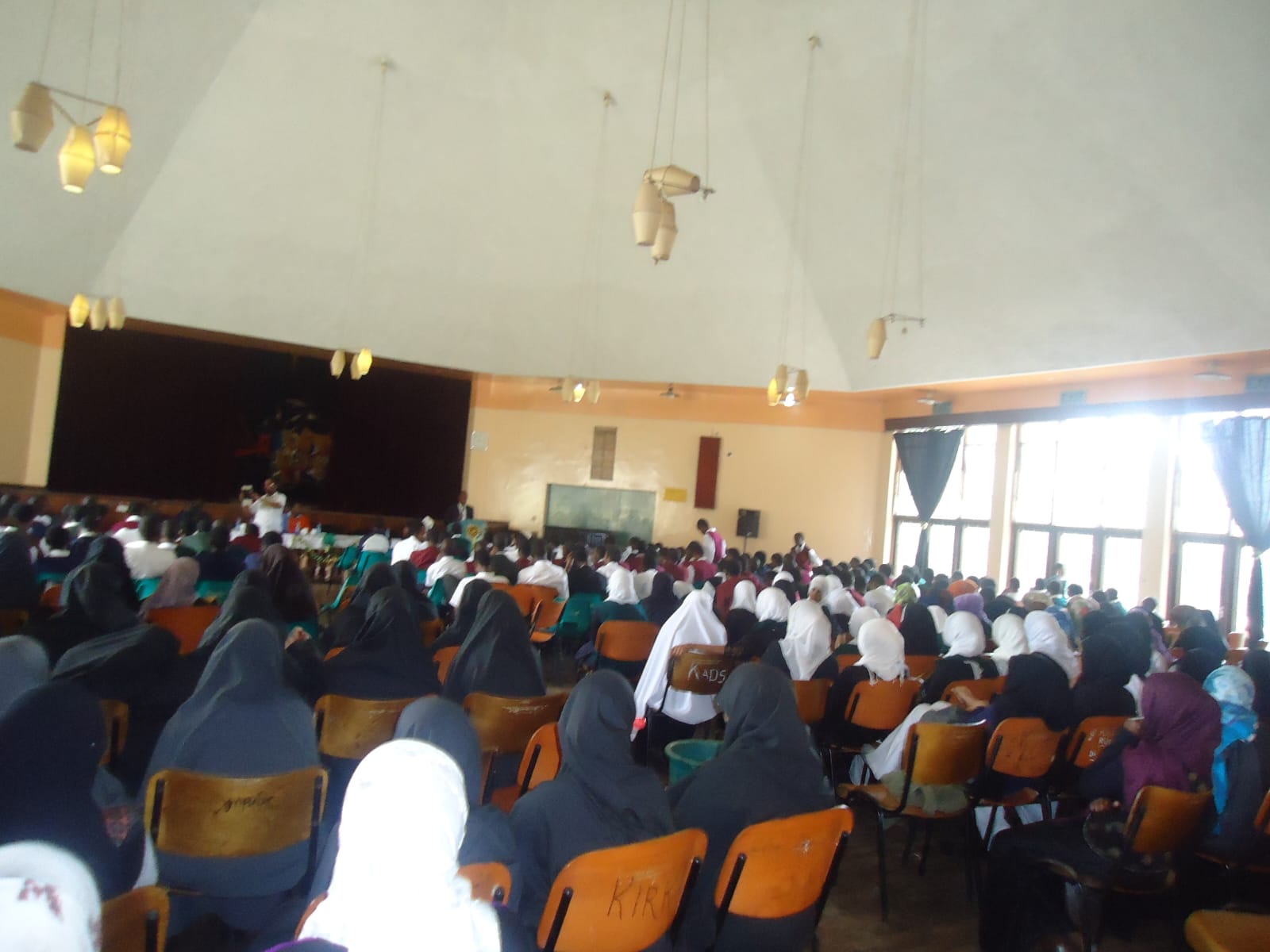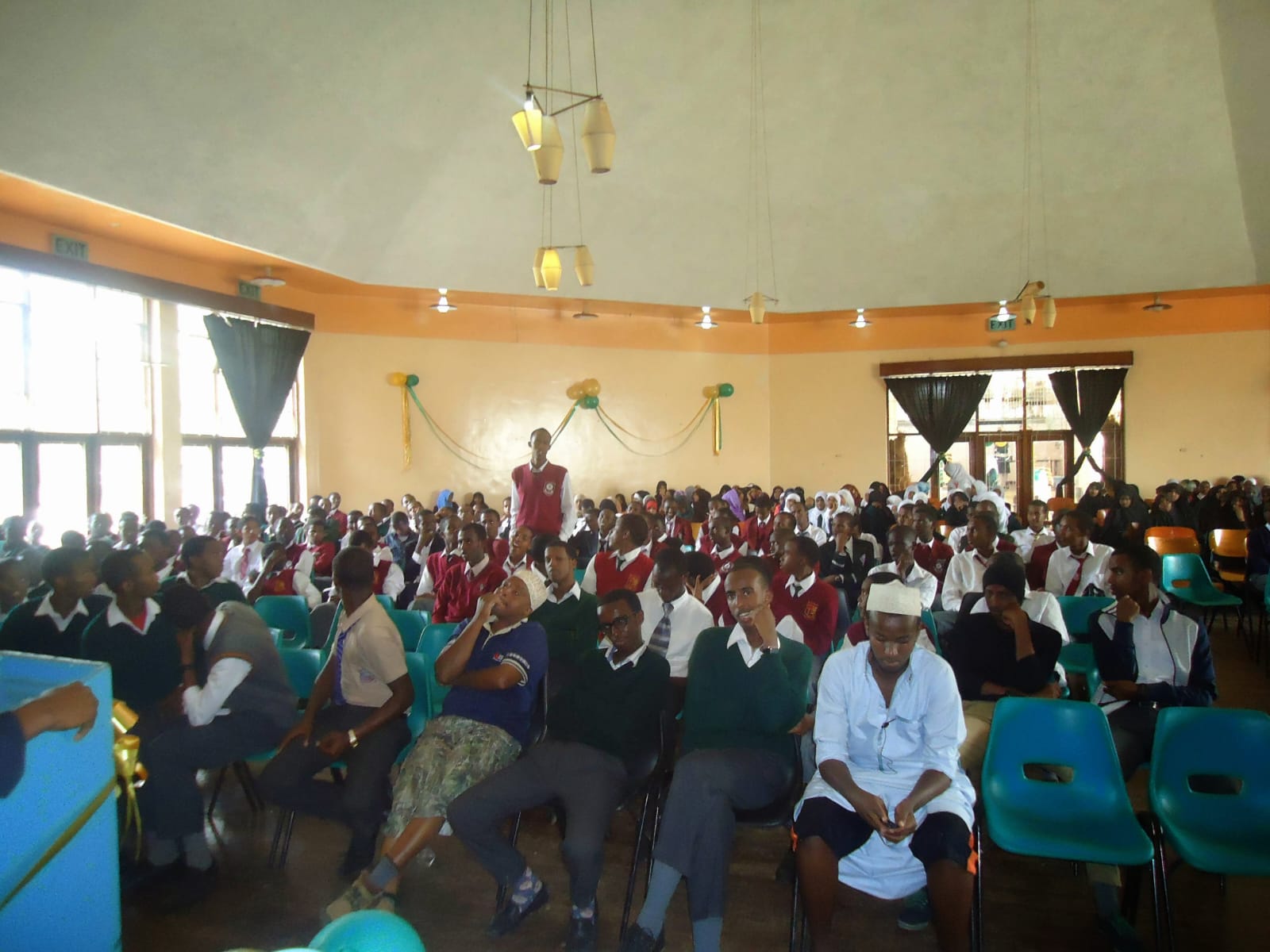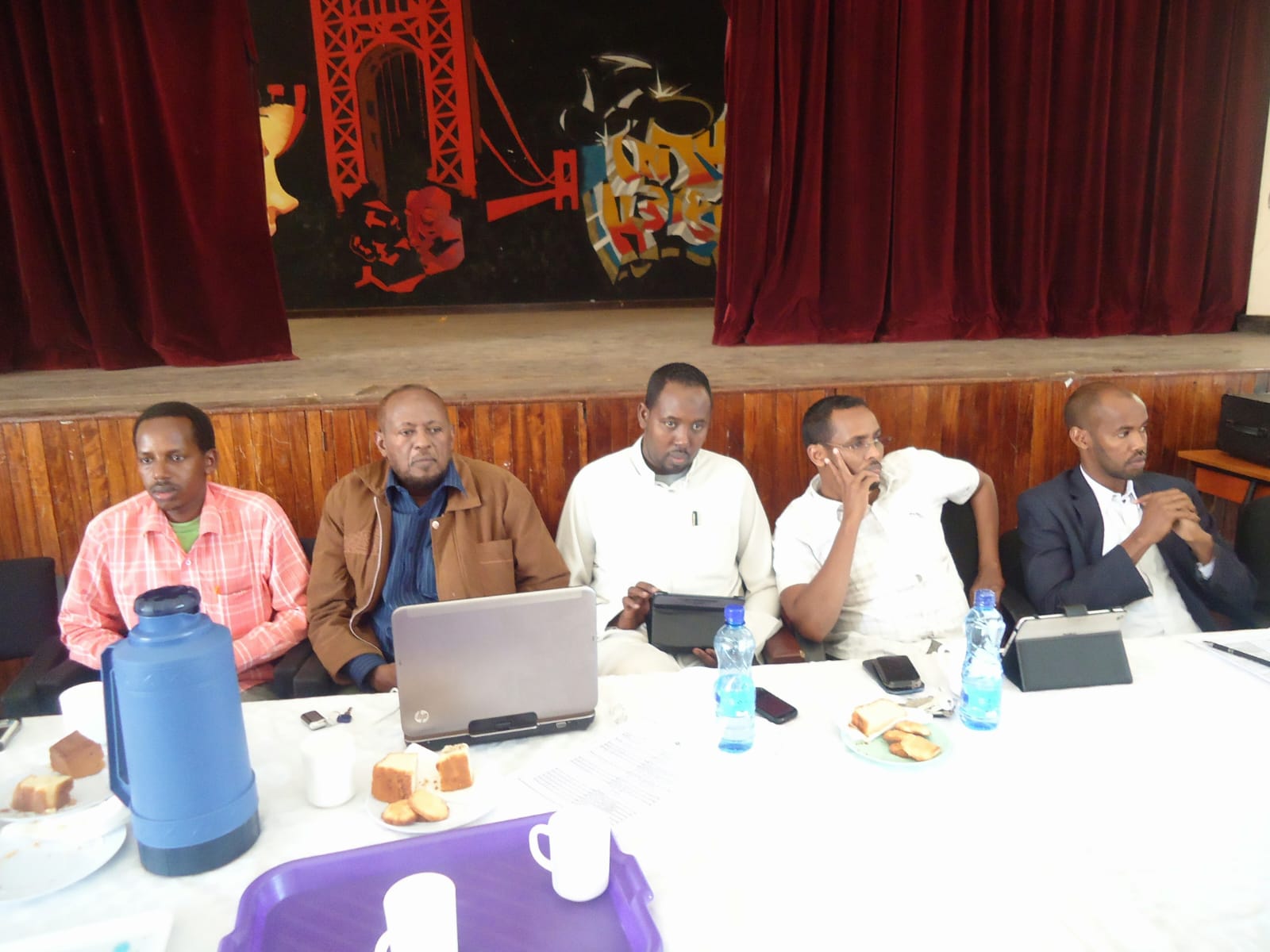Our Projects & Activities
Al-Mujtama And Imam Al-Shafii Centers (Nairobi)
Al-Mujtama Centre is located in Eastleigh- Muyuyu street and is estimated to be home to about 200,000 Muslim families whereas Imam Shafii Centre is located in Eastleigh- Ushirika estate, which is home to more than 50,000 families most of whom are Muslim youth who are unemployed and semi-educated. The Centres have provided Iftar programme over the years and many youths have benefitted from the programme. Indeed, a dream made possible through YOKESO by well-wishers and local food contributors.
In each of the two centers, four professional cooks are deployed and by the first day of fasting, the cooking activity starts as early as 3:00 PM local time in both the centers and the food served at about quarter to seven in the evening landmarked by the “Adhaan” (Call to prayers). The canters provide Iftar to an average of 245 people per day. Majority would arrive at the centers before the Adhaan and pray in congregation at the center.
This would be followed by the serving of the fruits, drinks, snacks, food and porridge. With hunger well taken care of, people would afterwards leave at their own pleasure. Members of YOKESO who volunteered play a great role in serving the foods and the drinks with the expression of happiness to serve the youth who participated in the program. This they know for sure is an encouragement for the youth. In most cases the Iftar includes rice with meat, juice, dates, tea, fruits, variety of locally prepared bread, fried potatoes and cold drinking water.
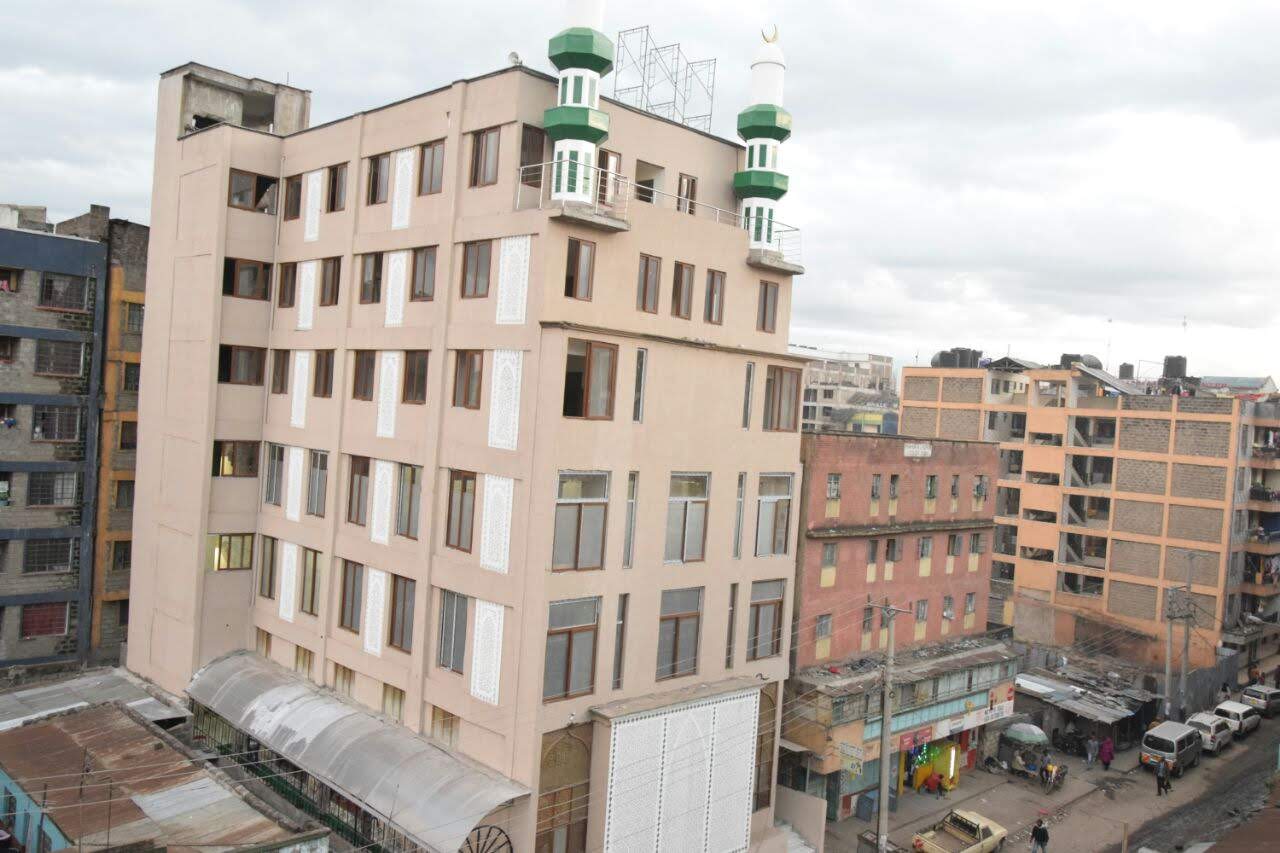
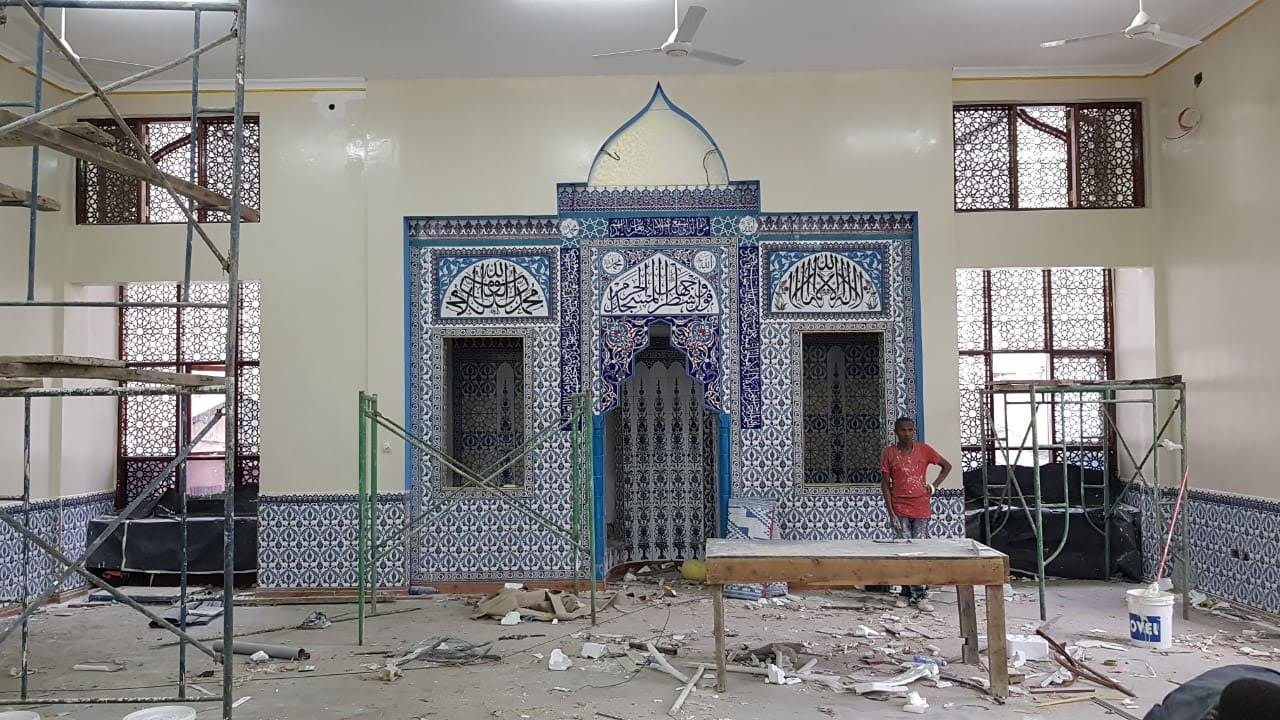
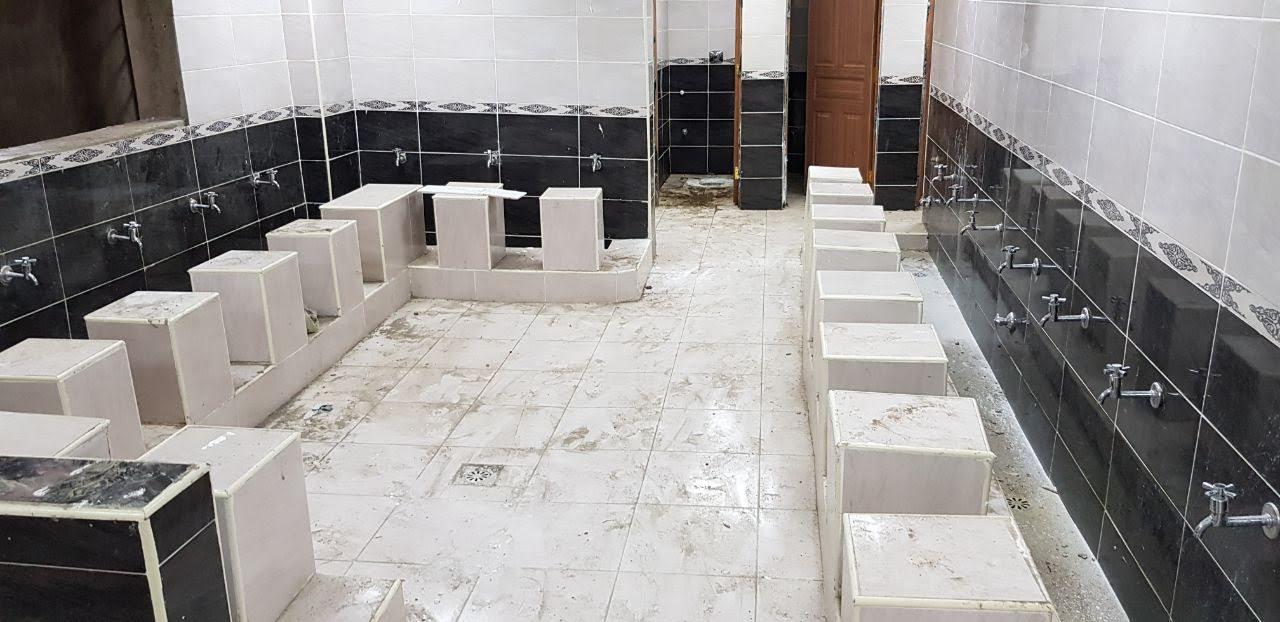
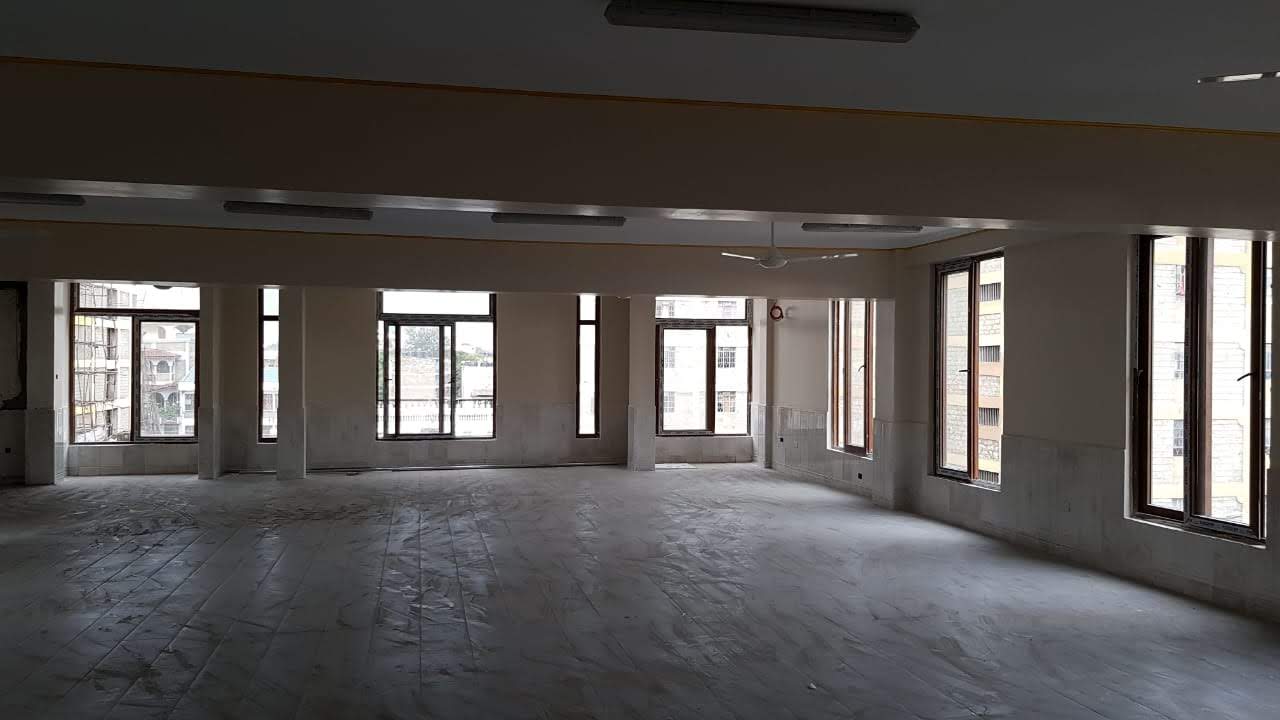
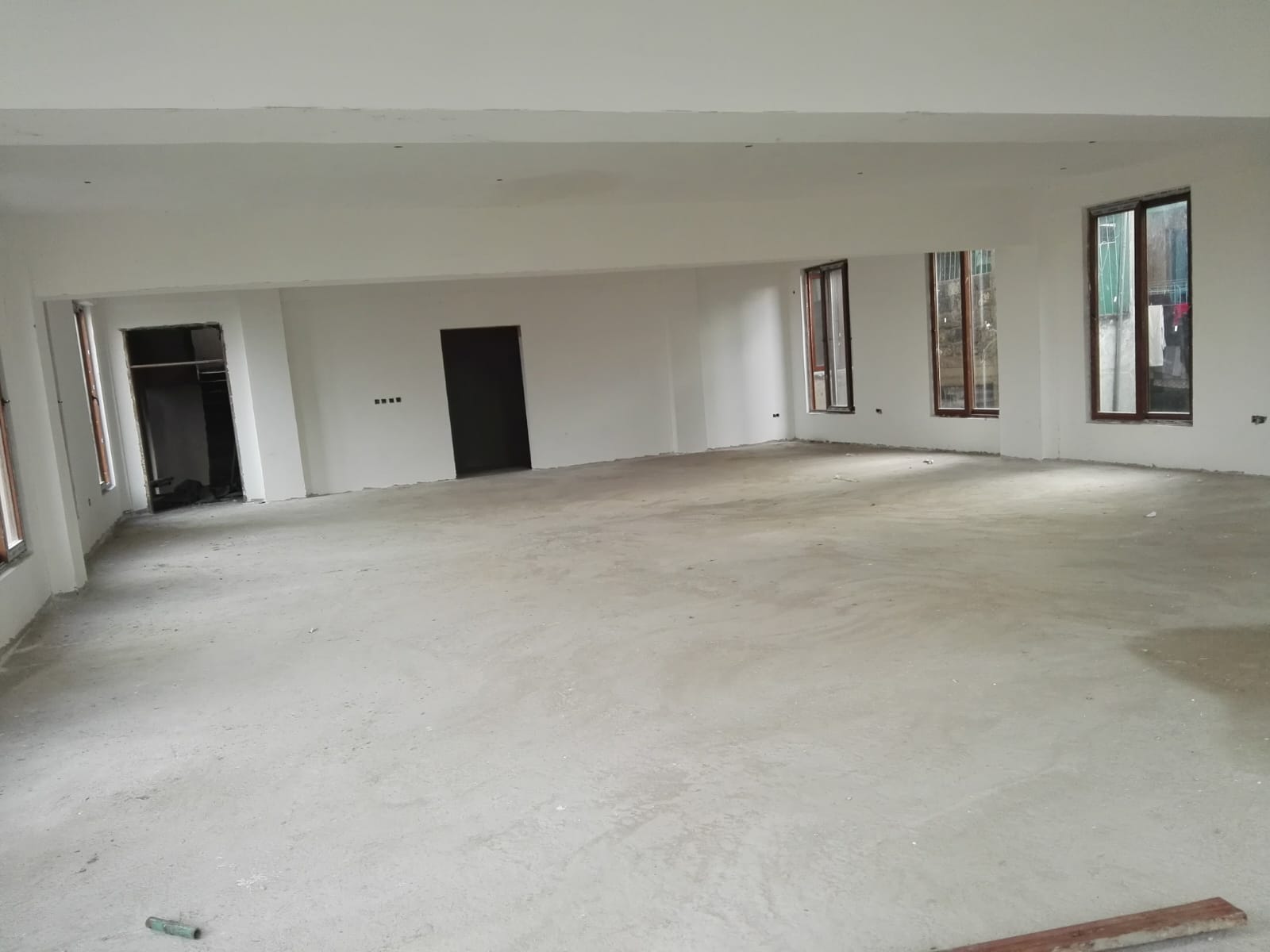
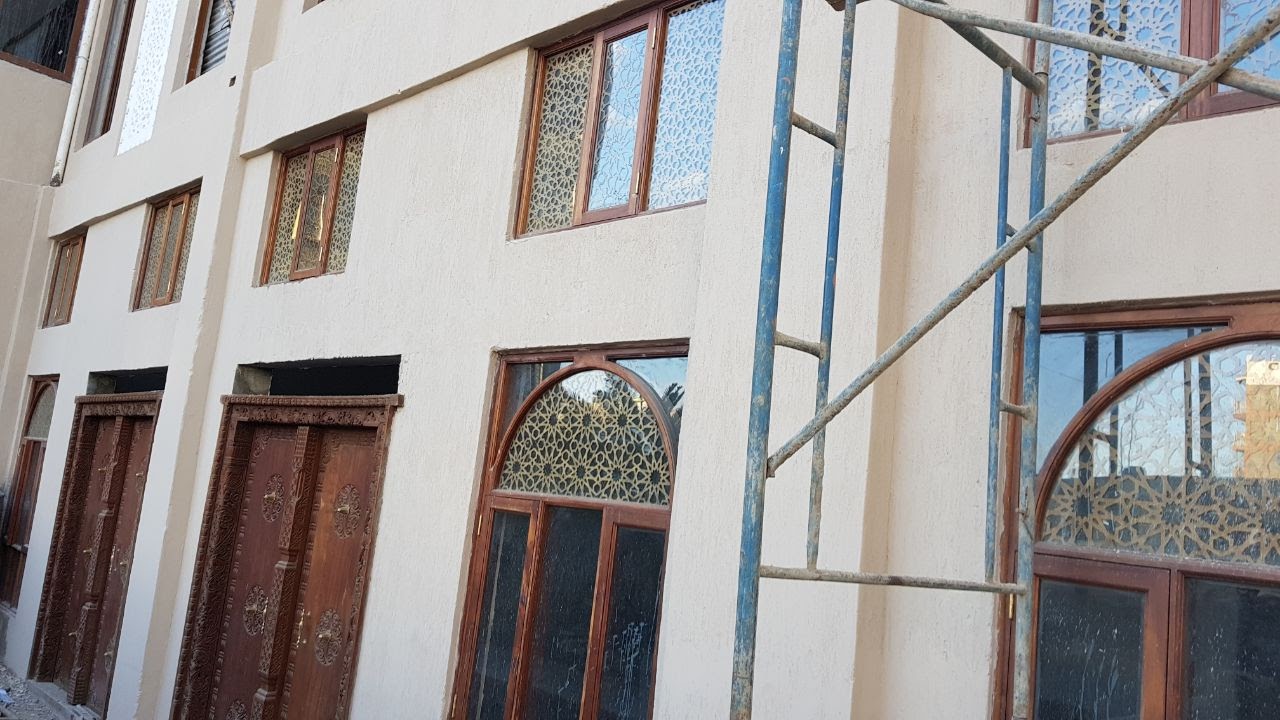
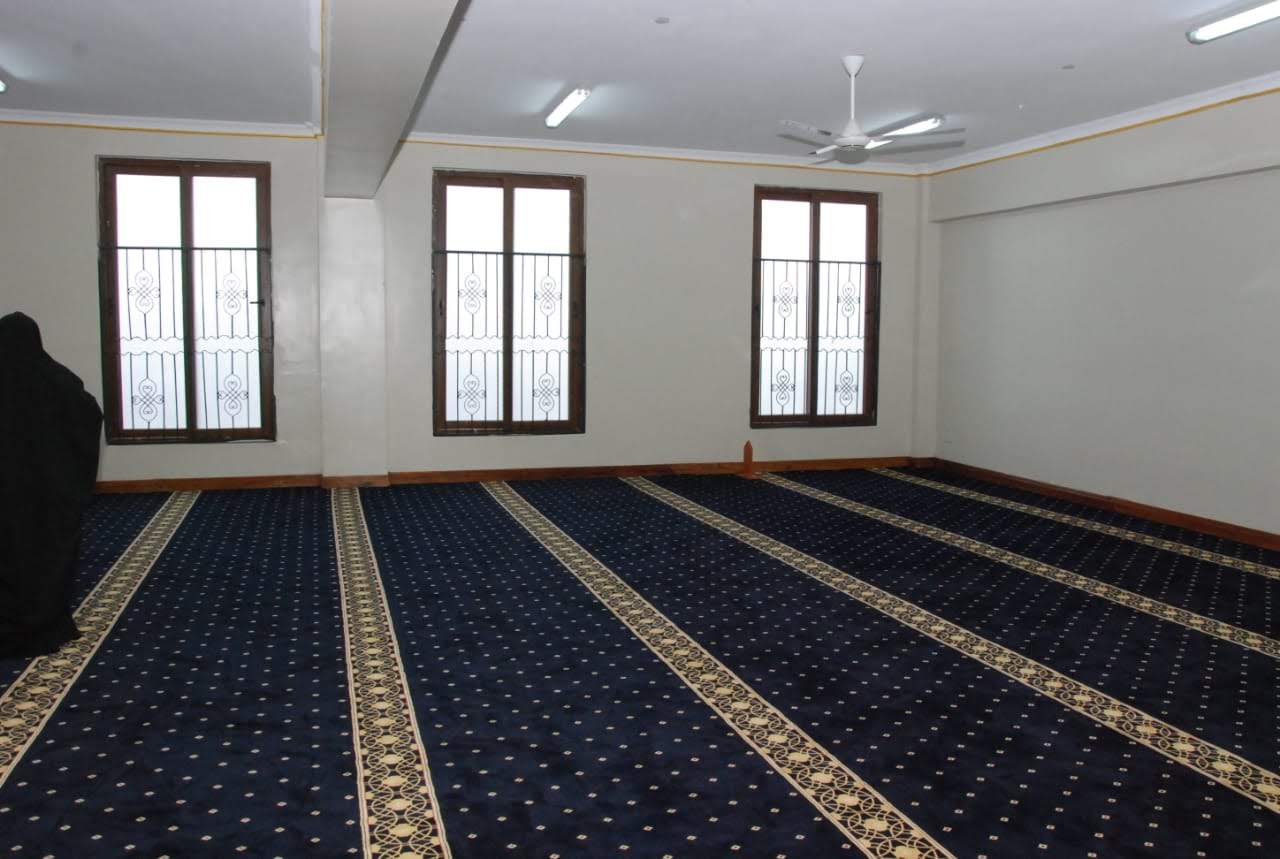
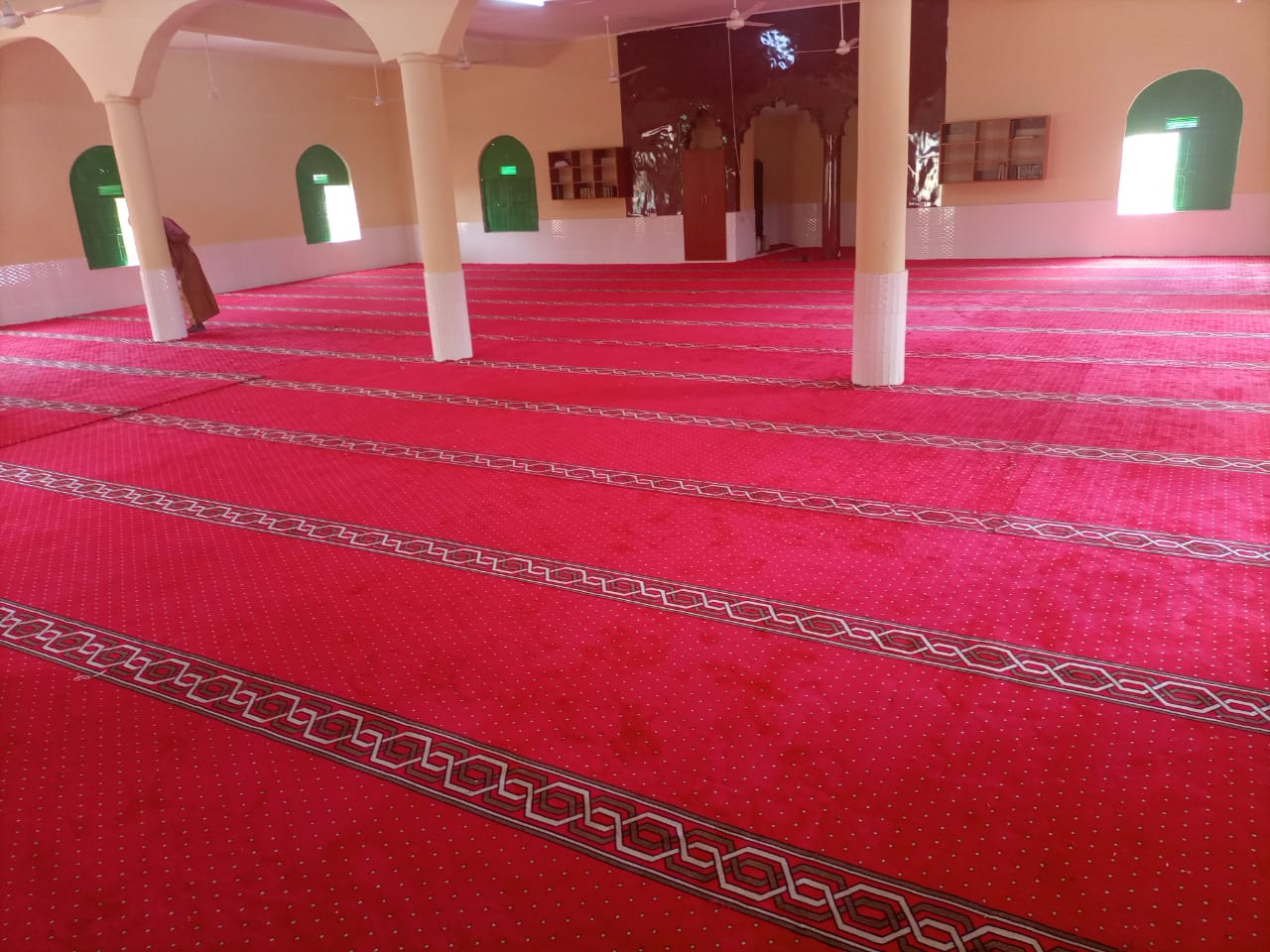

Iftar Programme
The Holy Month of Ramadan is the ninth month in the Islamic calendar and one of the five pillars of Islam, during this month Muslims all over the world have to fast by refraining from food and drinks among others from dusk to dawn for 30 or 29 days and perform extra prayers and supplications.
The Iftar (breaking of fast) programme is an annual event that has been a routine activity since 2004. It is implemented by YOKESO through the sponsorship of our partners and other well- wishers. The program is intended to help poor youth within the reach of the YOKESO centers to get an opportunity to break their fast in during the Holy month of Ramadan.
In the years, the program was supported by members of the community by contributing food stuff and other cooking materials. These contributions were significant in the implementation of the project but would not support the program as a whole and would only reach a limited number of youth.
Having realized that, YOKESO solicited for sponsors. Requests were made to individuals, corporate entities and Non-Governmental Organizations. Indeed, this program has elevated the suffering of many youths who had no alternative but break their fast at YOKESO centers. Majority of the youths who benefit from the program are the Nairobi (Mathare) slum dwellers and others who are of Somali origin that fled from Somalia in search of hope and tranquility.
Activities
The program commences on the first day of Ramadan in the YOKESO centers of the Al- Mujtama and Imam Al-Shafii (Nairobi), Garissa, Wajir, Mandera, Kajiado as well as the Dhagahley refugee camp in Dadaab. The daily activities included buying the food items, cooking the food and serving it. Four Cooks were deployed to prepare the food and the drinking at each of Al-Mujtama and Imam Al-Shafii centers in Nairobi, while in other center YOKESO received volunteer cooks.A project team comprising YOKESO members was established to execute the activity in the different centers. Each team was led by a team leader who assigned the task of implementing the project in each of the centers. Community participation was the central guiding principle of the project; community elders, leaders, imams and administrators ware used in the implementation of the project for the whole month of Ramadan.
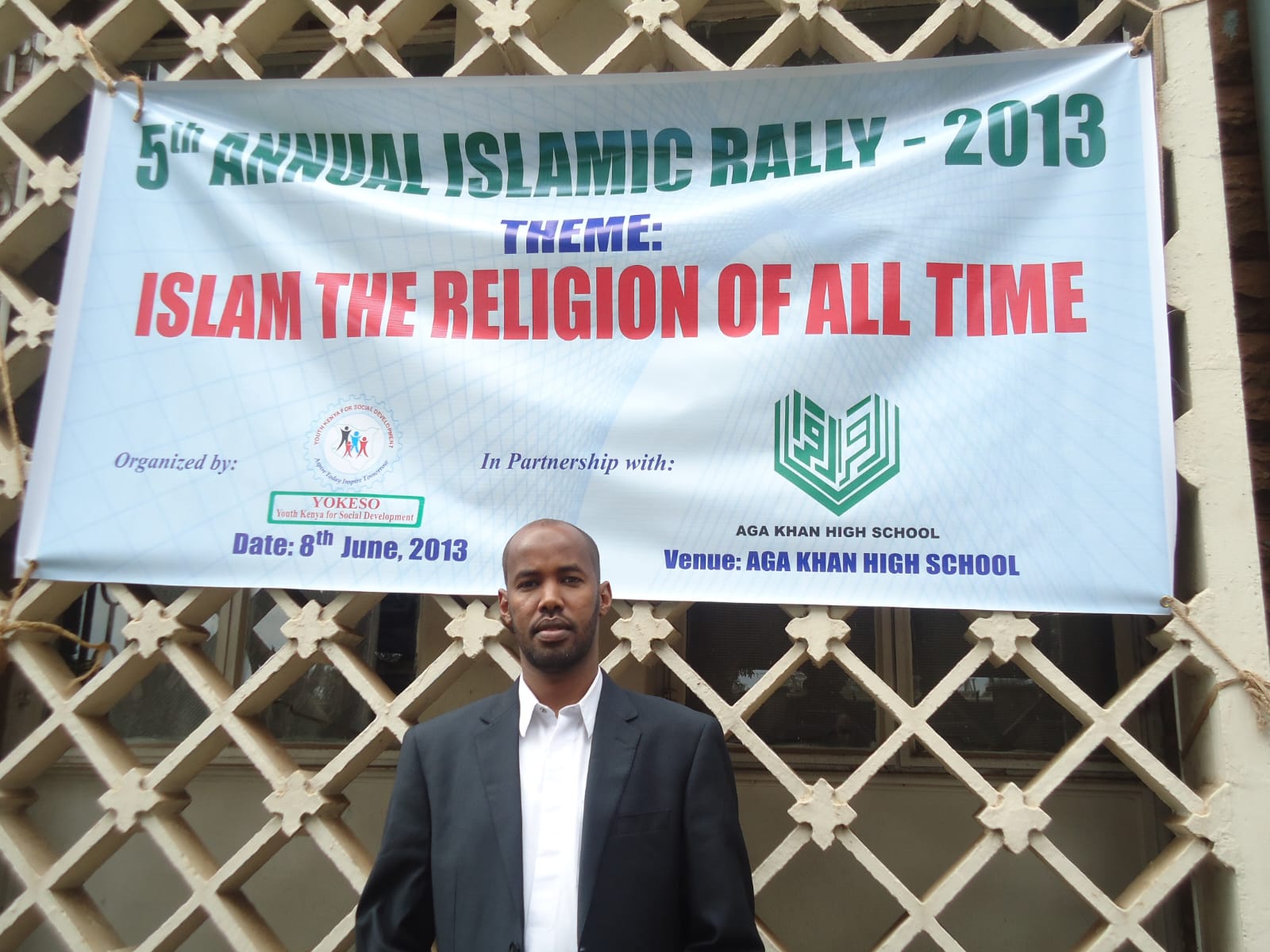
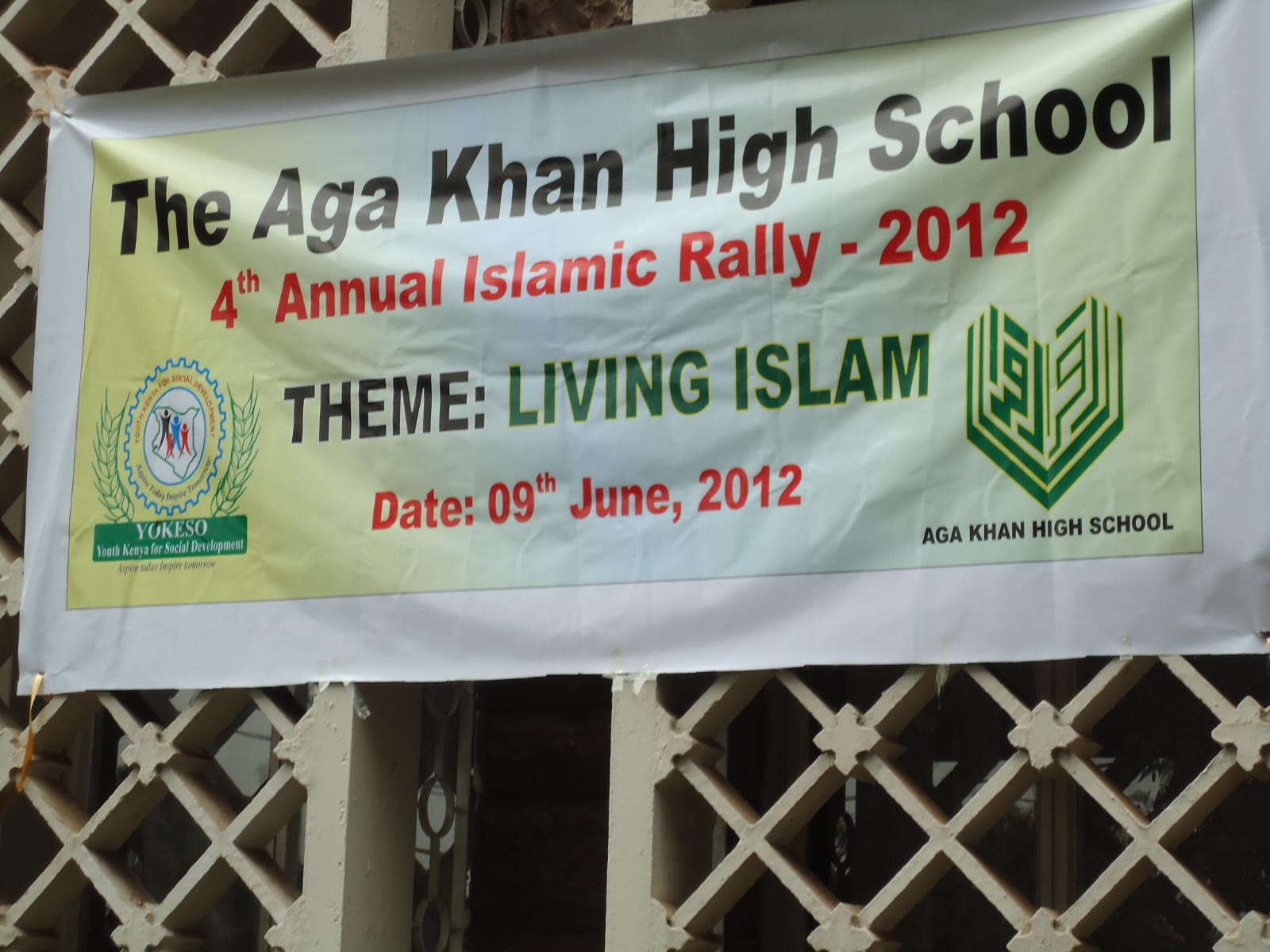
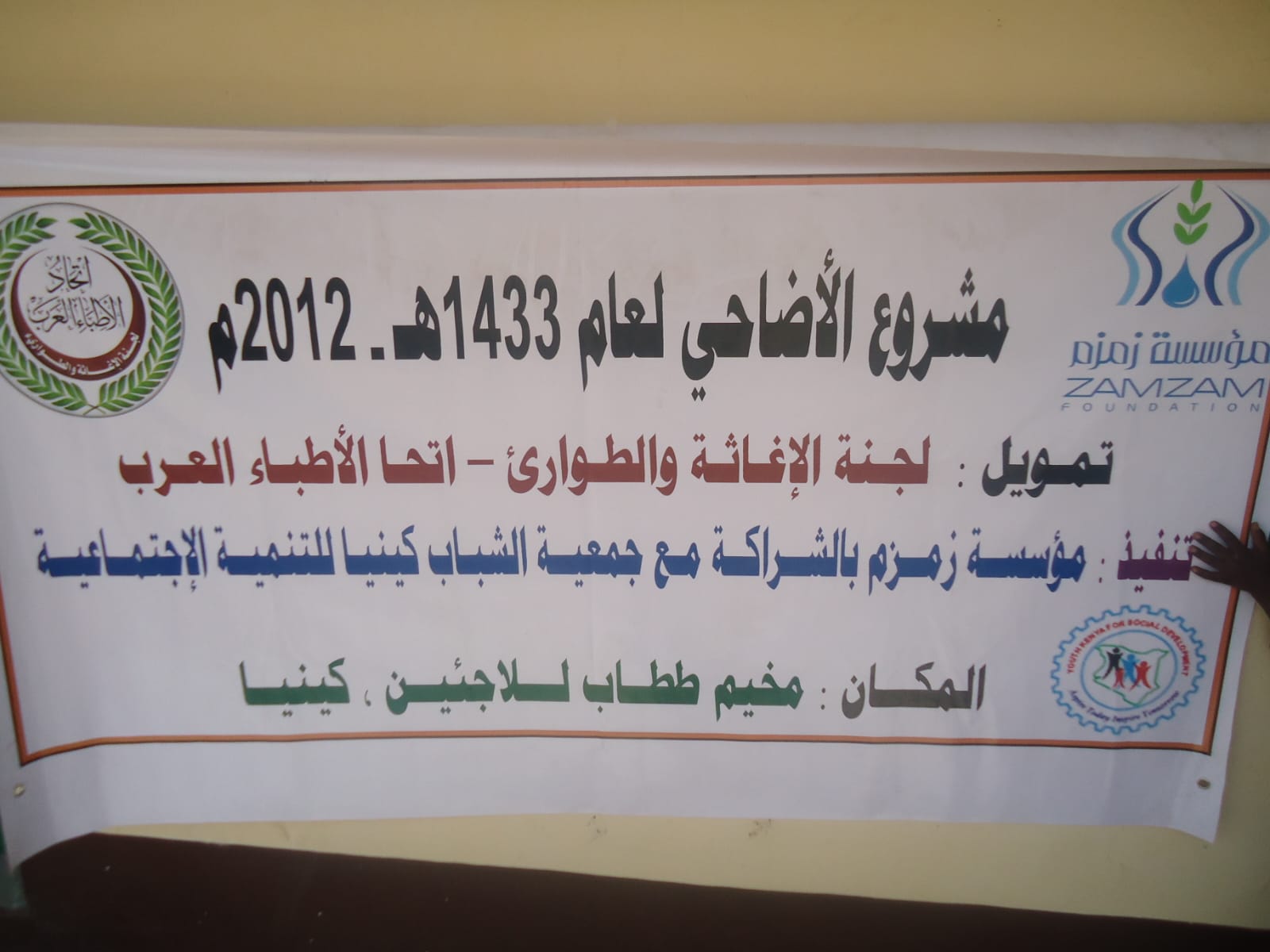
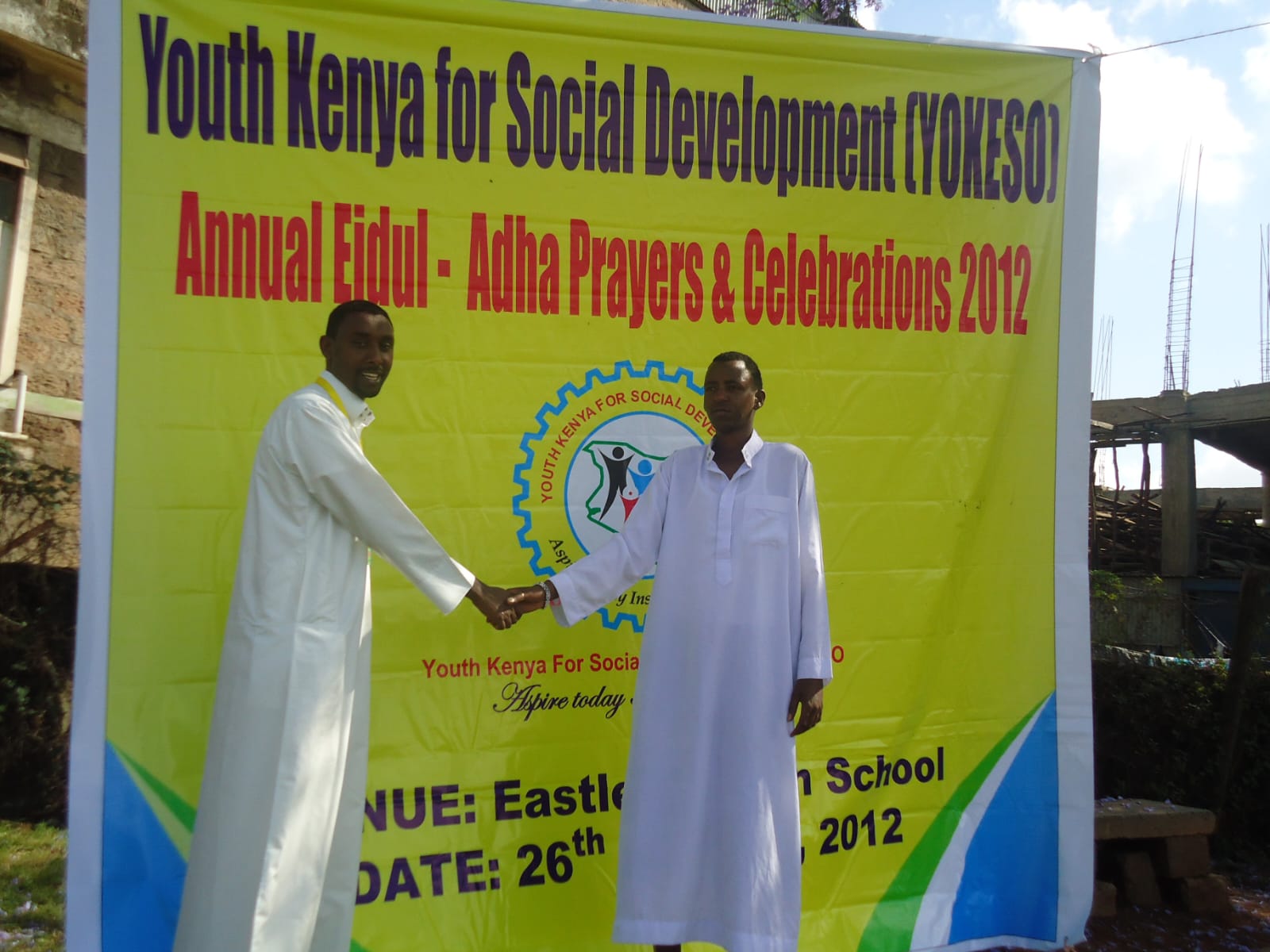
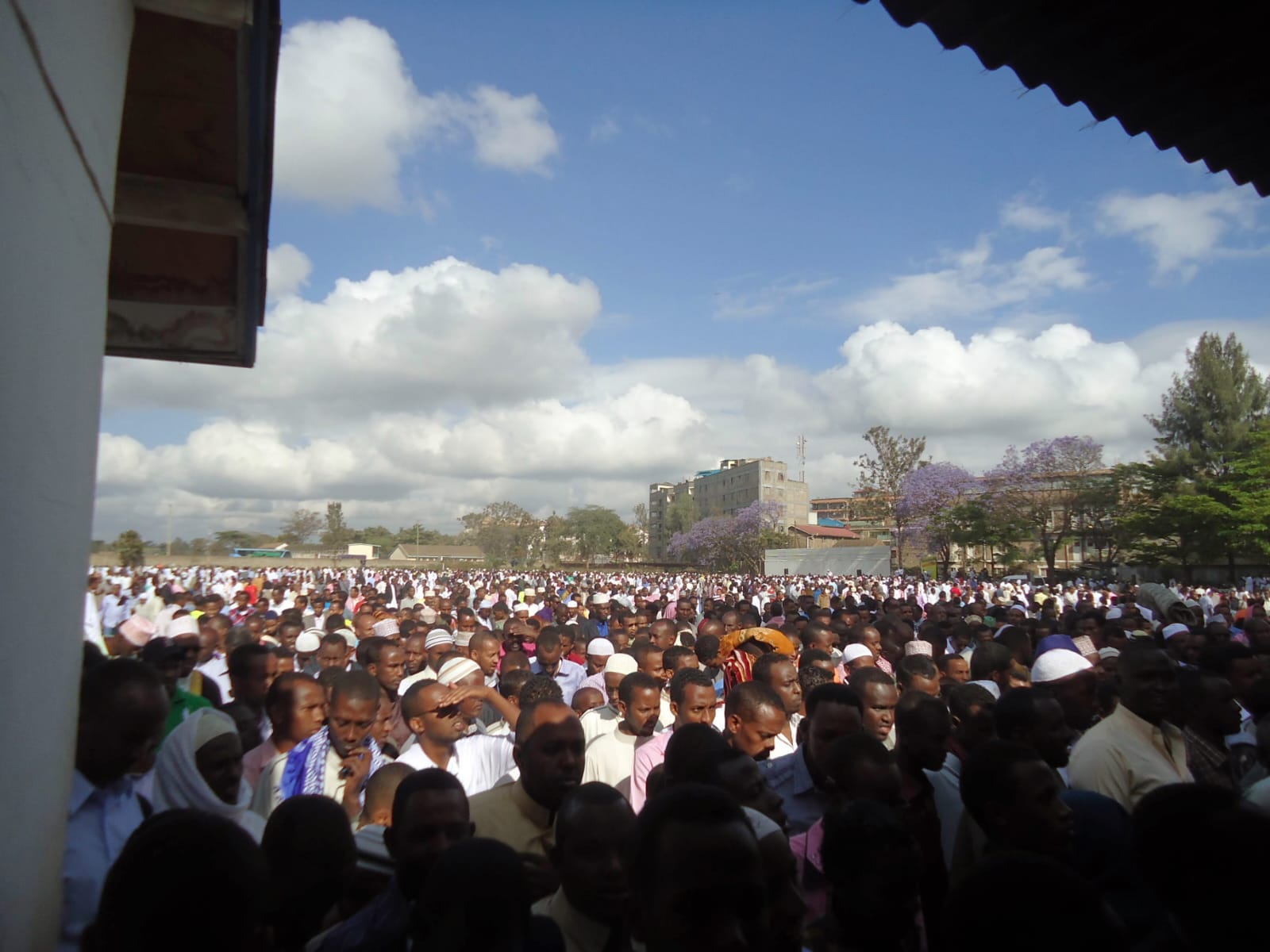
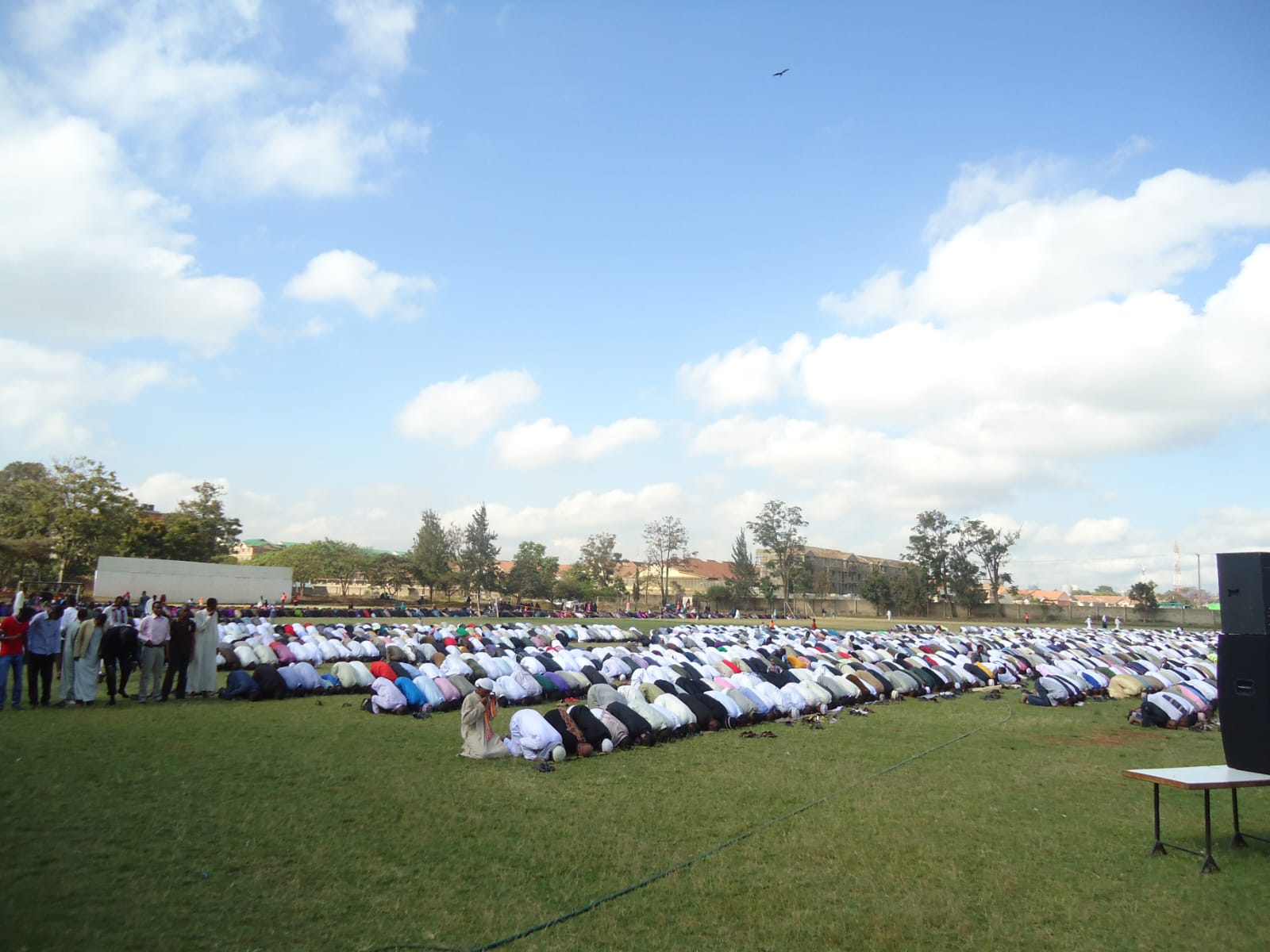

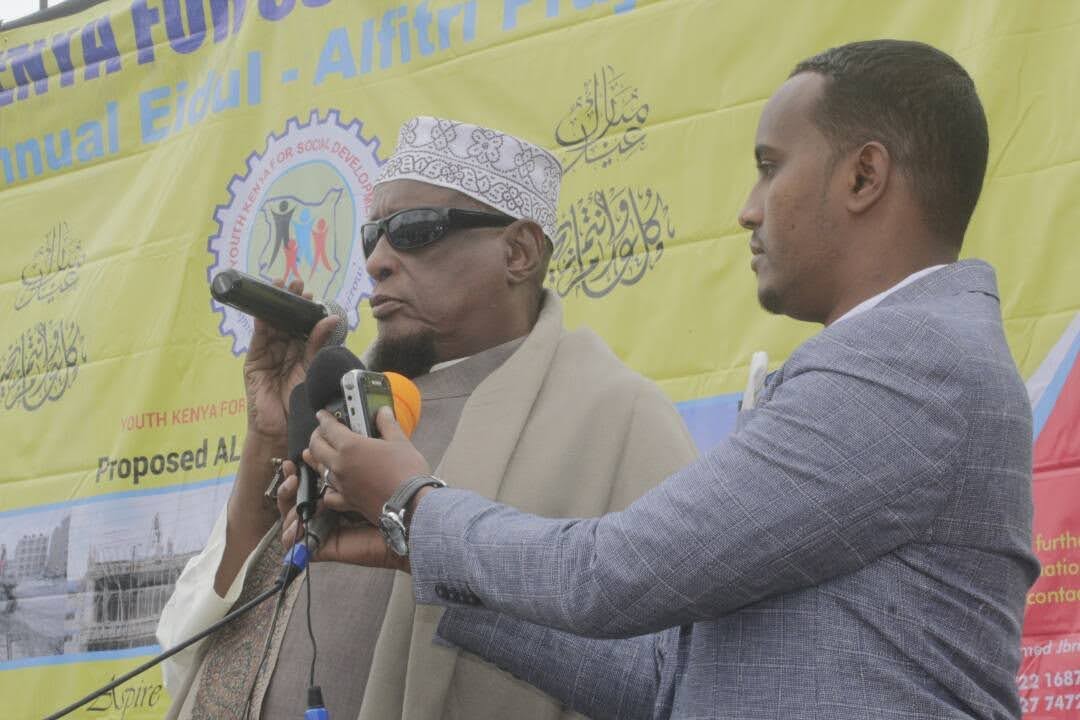

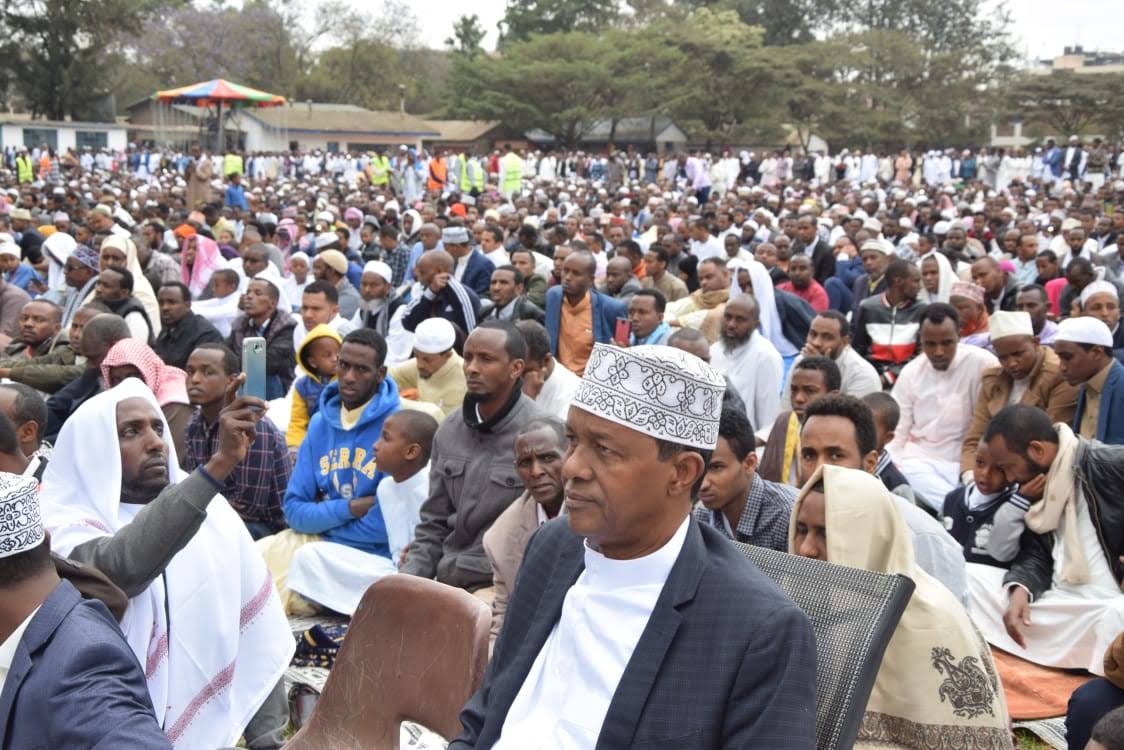
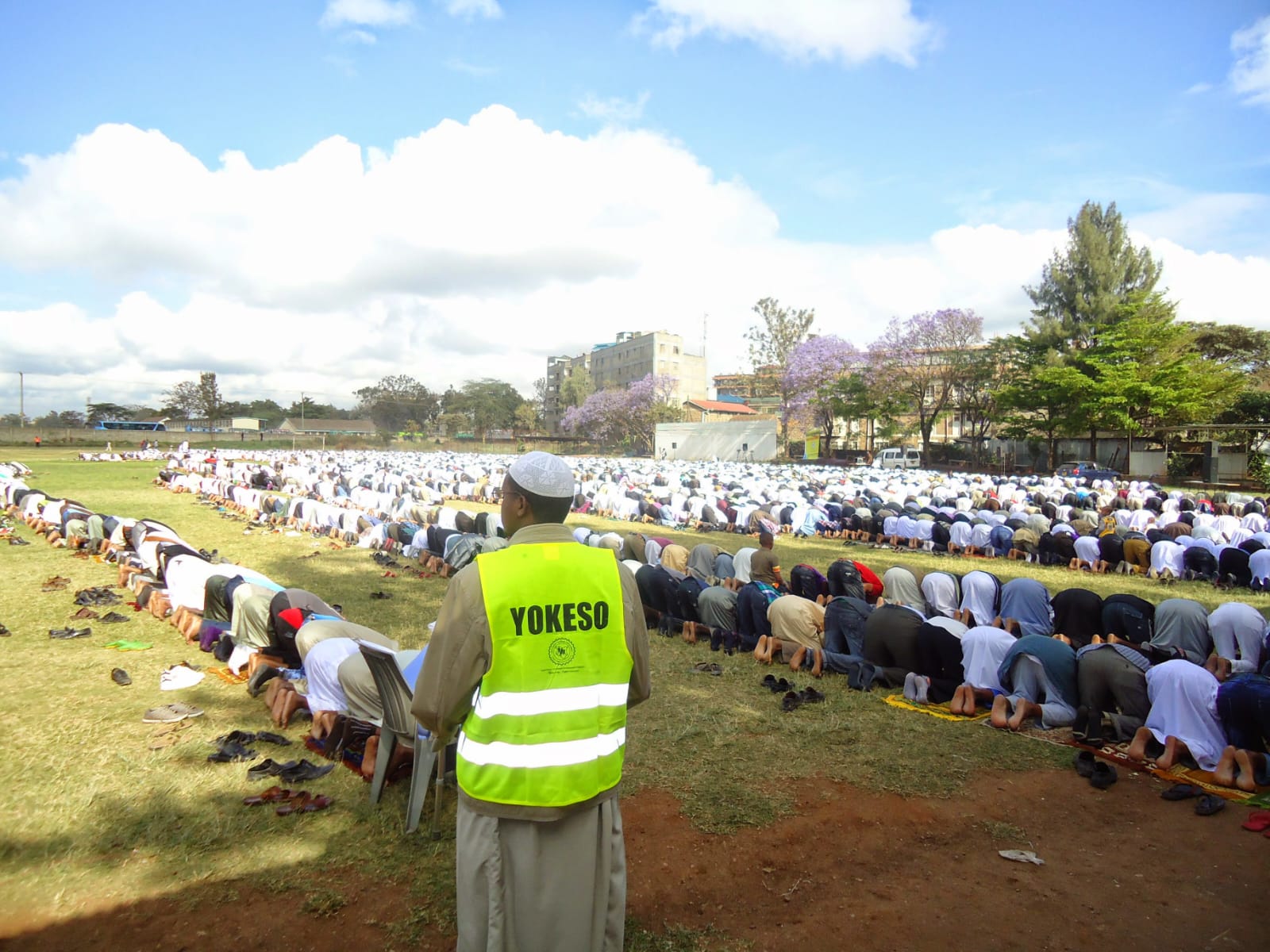
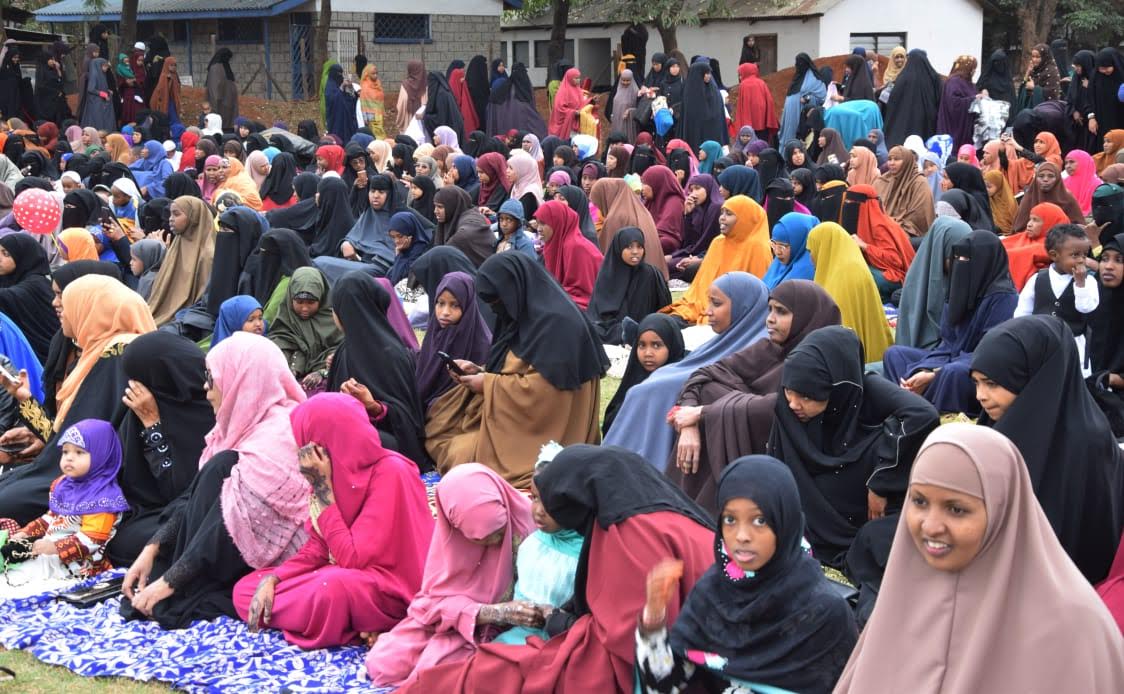
Dadaab Refugee Camp
Daadab refugee camp is located in the North Eastern region of Kenya; the camp is home to more than 300,000 refugees mostly from Somalia, it was established in 1991 after the fall of the central government of Somalia, the camp is sub-divided into three major settlements, namely. Ifo, Hagardheer and Dhagahley.
Daadab being the canter of the refugee camps and with the highest population of refugee, it was identified as the neediest camp where the Programme would be hosted. The people targeted for the Iftar Programme were mainly the newly displaced people who came to the camps while fleeing from the devastating drought and also the flare-ups of violence and clashes in Somalia. The majority of the Refugees left their relatives and had nowhere to break their fast or a source of income to let them buy food for Iftar. Thus the program is of great benefit to the refugees as most of the new entrants had just come in from Somalia where they had suffered the impact of the severe drought that hit the region.
At Dhagahley centre, which was the place where the people had their Iftar, volunteer cooks were readily available while the beneficiaries would come with their serving utensils (plates and cups) at the call of the” Adhaan”. Approximately 190 people are served daily for the whole month of Ramadhaan at the centre.
Challenges
The main challenge in all the centers is that the number of the beneficiaries grow day after day making budgeting with the available resources difficult.- In Dhagahley refugee camp of the Daadab Complex, transporting food stuff proved to be difficult and expensive but is managed by the YOKESO team who ensured that the food stuff reached their destinations as is and the at the required time.
- Coming up with a list of beneficiaries for the Programme was also a challenge because everyone seemed in need, so YOKESO had to choose those that seemed most vulnerable e.g. the old, the sick, orphans and those who were new to the camp and had received a little or no assistance.
- In the refugee camp, particularly Dhagahley, had some difficulty acclimatizing to the very dry and hot climate.
- Security was one such a big concern, especially when the Kenya defence force toger with other African peace keeping force are in the Somalian soil.
Conclusion
With the big number of beneficiaries (over 435) who were fed on daily basis, the YOKESO annual Iftar program is indeed of a paramount success. The program’s objective was to help poor youth in Eastleigh and the refugees’ camps to get an opportunity to break their fast in the Holy Month of Ramadan, it is also aimed at helping displaced persons in refugee camps in Daadab to get fast breaking meal.Thanks to our volunteers, partners and sponsors for their continued support for the YOKESO programmes. Plans are underway to extend this program to other areas whose residents cannot afford to get Iftar at their neighborhood. The success of the annual Iftar program is mainly associated with our partners, sponsors and the YOKESO team of volunteers
The Proposed Lukman Academy
In achieving this within the society, Youth Kenya for Social Development (YOKESO) wishes to establish a modern secondary school in Kajiado with the view of providing affordable quality education.
Description of the ProgramThe organization through generous contribution from the members managed to buy a 10 acre plot at a strategic location, 5 km from Kajiado town that is conducive for learning. The proposed school is expected to be modern and complex and will compose of two section for the accommodation of boys and girls separately.
Our RequestHaving acquired the land, the organization needs more fund so as to complete the construction phase of the school. We therefore request for your generous assistance in putting up the following facilities of the school.
Boys Section- 15 classrooms
- Staffroom, Teacher’s Quarter, 1 Laboratory
- 2 Dormitories
- Library
- Mosque
- Playground and swimming pool
- Kiosk and Stationary Unit
- Dinning and Conference Hall
- 15 classrooms
- Staffroom
- Teacher’s Quarter
- 1 Laboratory
- 2 Dormitories
- Library
- Mosque
- Playground and swimming pool
- Kiosk and Stationery Unit
- Dinning and Conference Hall
After the completion of the school, the organization will ensure that the school becomes self- sustaining.
Zakkat-Ul-Fitri Programme
Zakkat is the third pillar of Islam. It is obligatory upon every free Muslim member to pay the Zakkat – ul - Fitri before the Eid ul Fitri prayers on the Idd day at the conclusion of the month Ramadan as a token of thankfulness to Allah for having enabled the Muslim to fast during the holy month of Ramadan. Most Islamic Scholars have approximated the minimum requirement for every member is two and a half Kilogram’s (2.5 kg) of the local people’s stable food. This charity food has to be paid to the poor in the community so as to make them enjoy the day too.
Programme Objectives
The programs main aim was helping displaced persons in refugee camps in Daadab to give them food so that they may also join their Muslim brothers and Sisters in the Eid celebrations.
Activities
YOKESO in conjunction with any other partner undertakes the Zakkatul-fitri Programme in the refugee camps where sacks (50kg) of rice are bought and distributed among the poor living in the Dadaab Refugee camps. The sacks of rice are sub divided in to smaller packages of 10 Kgs each. These packages of rice are distributed among the poor people within the centers a day before the Eid prayer. The beneficiaries are identified by a team of YOKESO volunteers with help from the local Imams and community leaders.
Challenges
- The main challenges are that the number of the needy people are usually high and with
the help of the locals, it takes us a long period of time to identify the neediest of them.
- YOKESO at times has to engage the local police to help in maintaining order during the distribution process.
Udhuhiya Program
Eidul adha is an Islamic festival commemorating the obedience and faith of prophet Ibrahim (A.S) when he was tested by Allah to sacrifice his only son Ismail. While he was about to slaughter the son, Allah rewarded him with a sheep instead which was delivered by angel Jibril (Gabriel). The Eidul Adha falls on the 10th day of Dhul-Hijja of the Islamic calendar and happens after hajj. This is one of the main festivities in Islam and the biggest of all.
On this day Muslims perform prayers in the morning. After the prayers and sermons, it is time for obligatory sacrifices of the animals usually sheep, goat or for those who can afford a cow or camel. Once the animals are slaughtered, the fresh meat is distributed and given to the poor. The distribution of the meat is an important practice and highly encouraged as it is intended to make the poor and the needy in the society happy. Every Muslim is expected to rejoice on this day.
Youth Kenya for Social Development (YOKESO) in conjunction with other organizations and partners accomplish elaborate Udhuhiya programs and distribute fresh meat among the needy and poor in various parts of the country. The program takes place in Nairobi, Mandera, Wajir, Garissa and the refugee camps i.e. the Daadab complex comprising of Ifo, Hagardere and Dagahley.
Refugee Camps
The refugee camp was established in 1991. According to UNHCR. 98% of the refugees in the Daadab complex are Somalis who have fled the long drawn out civil war in Somalia. The influx is still continuing and people still do cross to the Kenya boarder fleeing the conflicts, insecurity, droughts and floods in Somalia. The refugees do not have any alternative source of income and entirely depend on the food rations provided by the humanitarian organizations.
After identifying the beneficiaries/recipients for the program, the team of local leaders and the YOKESO team of volunteers (the program implementers) set for the major open air market to buy the goats. Together with the public health official, the healthiest and fattest goats and sheep are selected and bought. Once the animals were purchased, a group of people (the number depends on the number of goats to be slaughter) are hired to do the slaughtering and the skinning of the goats. Having slaughtered and skinned the goats, the packaging of the meat is done.
The local leaders brief them about the program insisting that its sole aim is to help the needy people who cannot afford to buy meat for the Eid festivities and thus it was meant for them to enjoy at the same time fulfilling their religious obligation.
Nairobi
Nairobi East is one of the sidelined areas in terms of development and general living standards compared to other urban areas within Nairobi. It is the area with the highest numbers of slums including kariobangi, korogocho, kangemi. Huruma, mathare, majengo, to name but a few. The slum dwellers live below the poverty line and do not have access to clean water, safe environment, and basic food is even a luxury. Muslims in the area make up an estimate of 27% of the total population with highest number living in Eastleigh, Huruma and Kariobangi. The Udhuhiya program is carried out in this area to help the slum dwellers by distributing them fresh meat for the Muslim festivities. Its aim is to give hope to the poor.
Families are identified from Eastleigh section 1, Huruma, Kariobangi and Kangemi. These are slum dwellers that have no meaningful source of living and cannot afford to buy meat for the Eid festivities let alone slaughtering animals. Once the exact number of the expected beneficiaries is known, the YOKESO team of volunteers together with the community leaders set off for the market to buy the goats for the festivities.
After the packaging of the meat, YOKESO implementation team prepares cards for those who were identified as the as the neediest. The cards are issued to the identified needy persons and the meat is distributed among them. Each recipient represents a household. The distribution is done in an orderly manner where the people line up and are given the fresh meat as they come for the Eid festivity.
Mandera, Garissa, Mombasa And Wajir
The YOKESO members in Garissa, Mandera, Wajir and Mombasa also do carry out the Udhuhiya program at the respective centers. In Mandera the targeted beneficiaries are the orphans and the new refugee arrivals who crossed to Kenya through the Bulla Hawa boarder while fleeing the insecurity and drought in Somalia and settled in Mandera. In Wajir, families identified by the area chief as the neediest persons in the town. Each family represents a household of approximately 6 persons. The program takes place at one or two local mosques. In Garissa Township goats are slaughtered and the meat also distributed among the poor families identified by the local leaders and Imams.
Conclusion
The program, if effectively executed will be instrumental in assisting the poor and vulnerable people in the societies and give a chance to also rejoice and join their fellow Muslims in celebrating the Eid festival.
Social Community Welfare Project
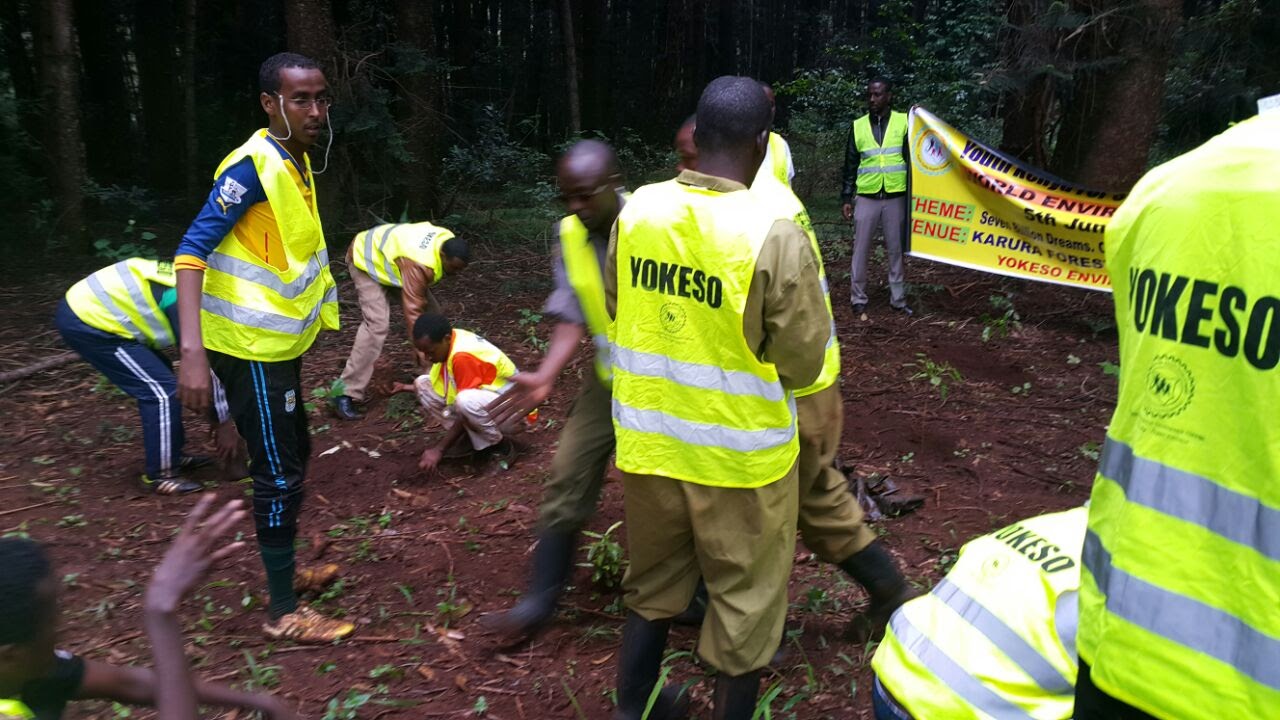
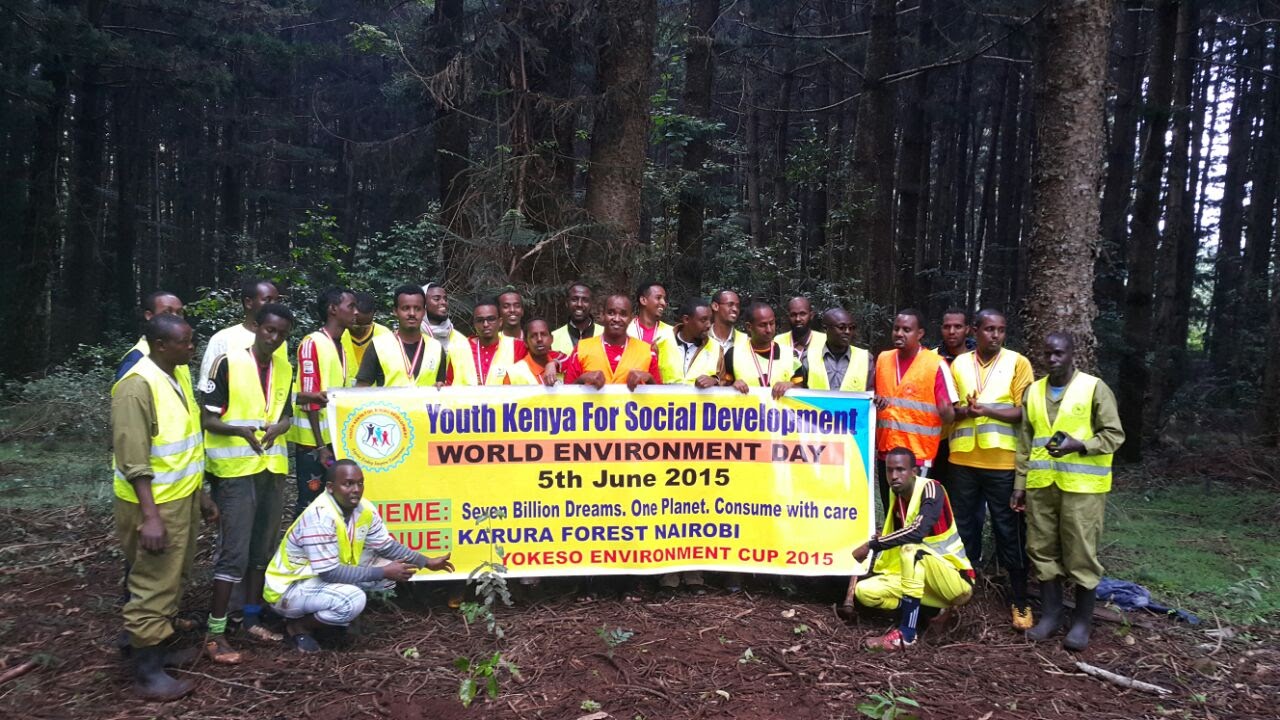
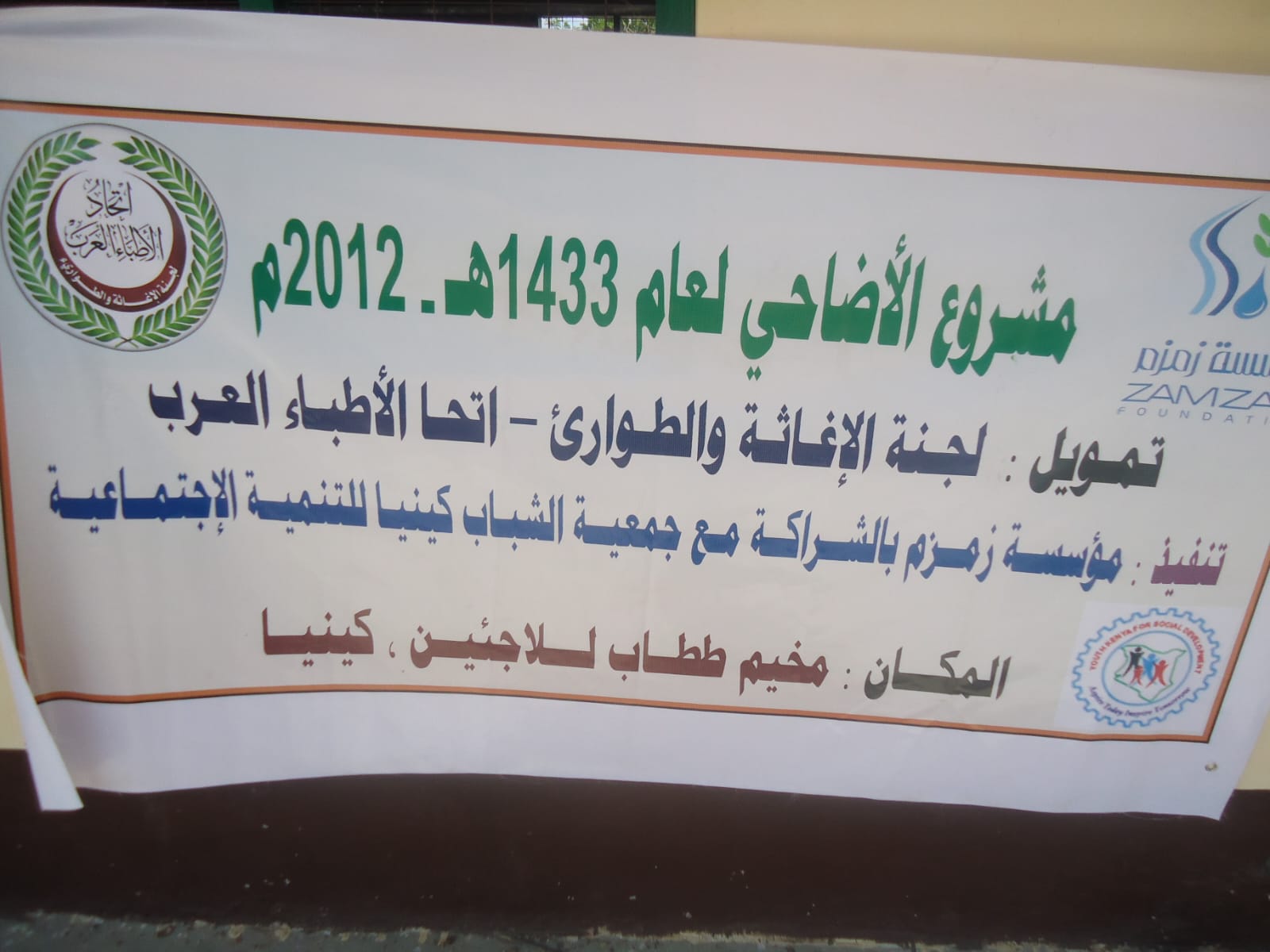
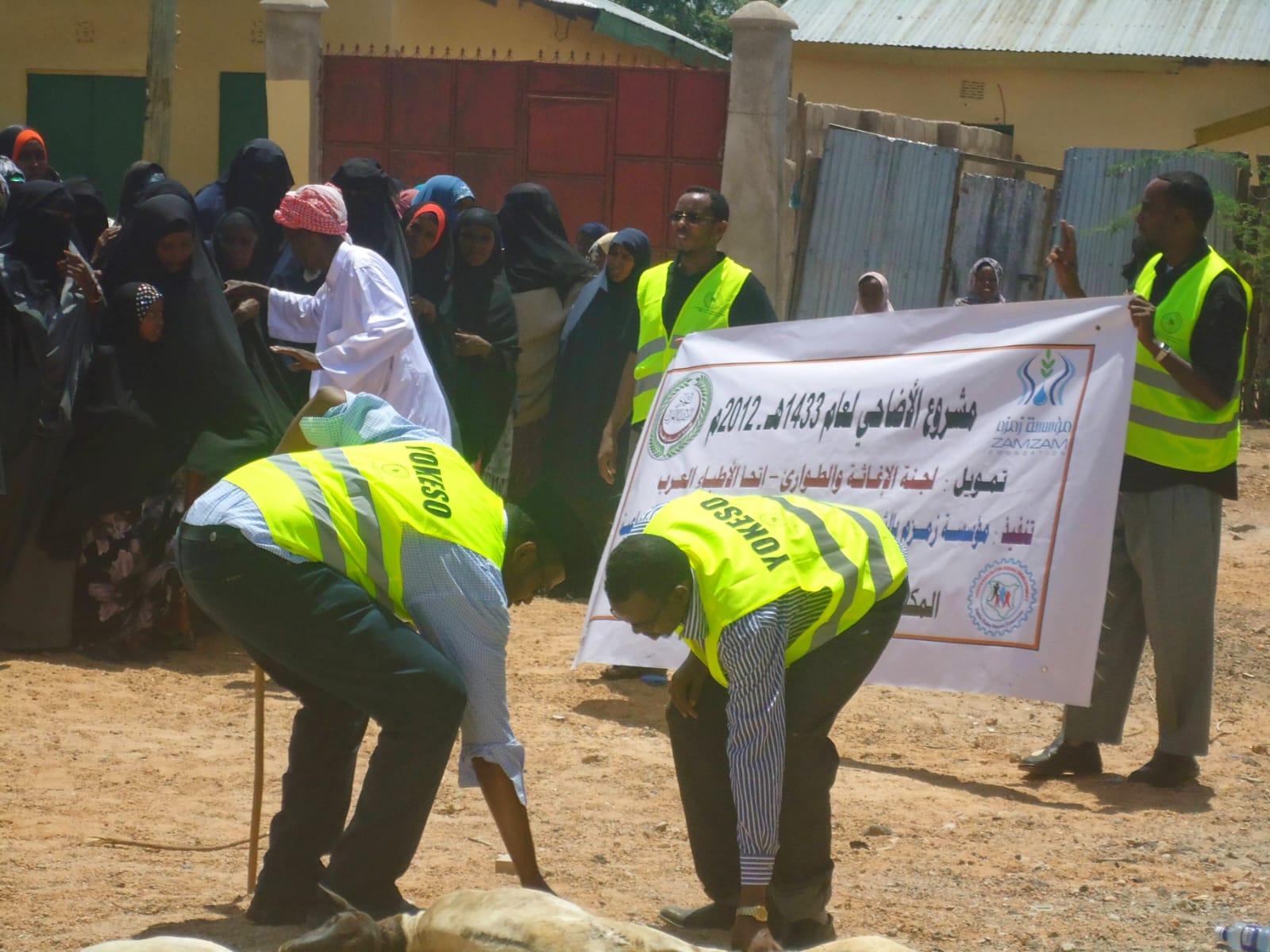
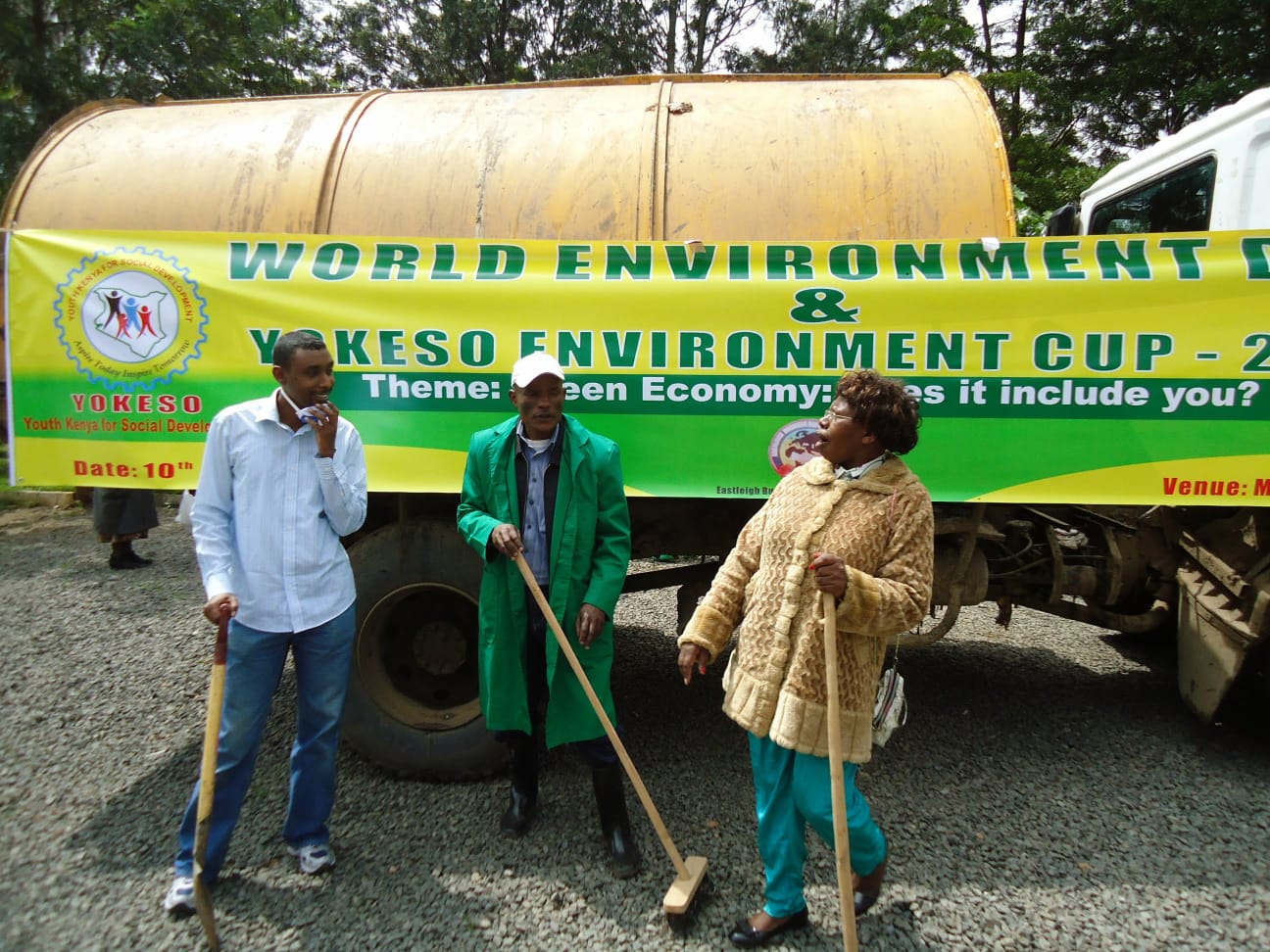
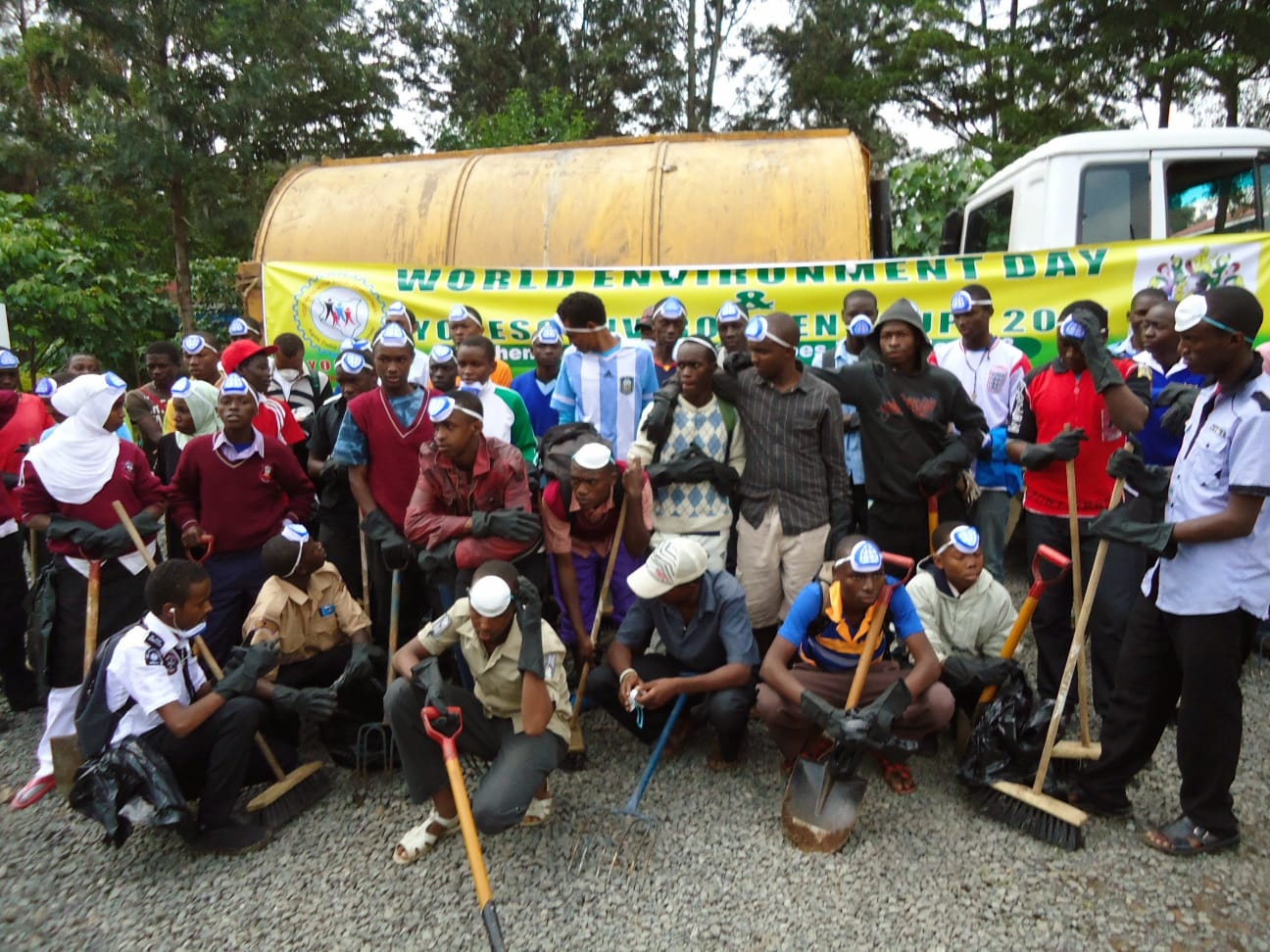
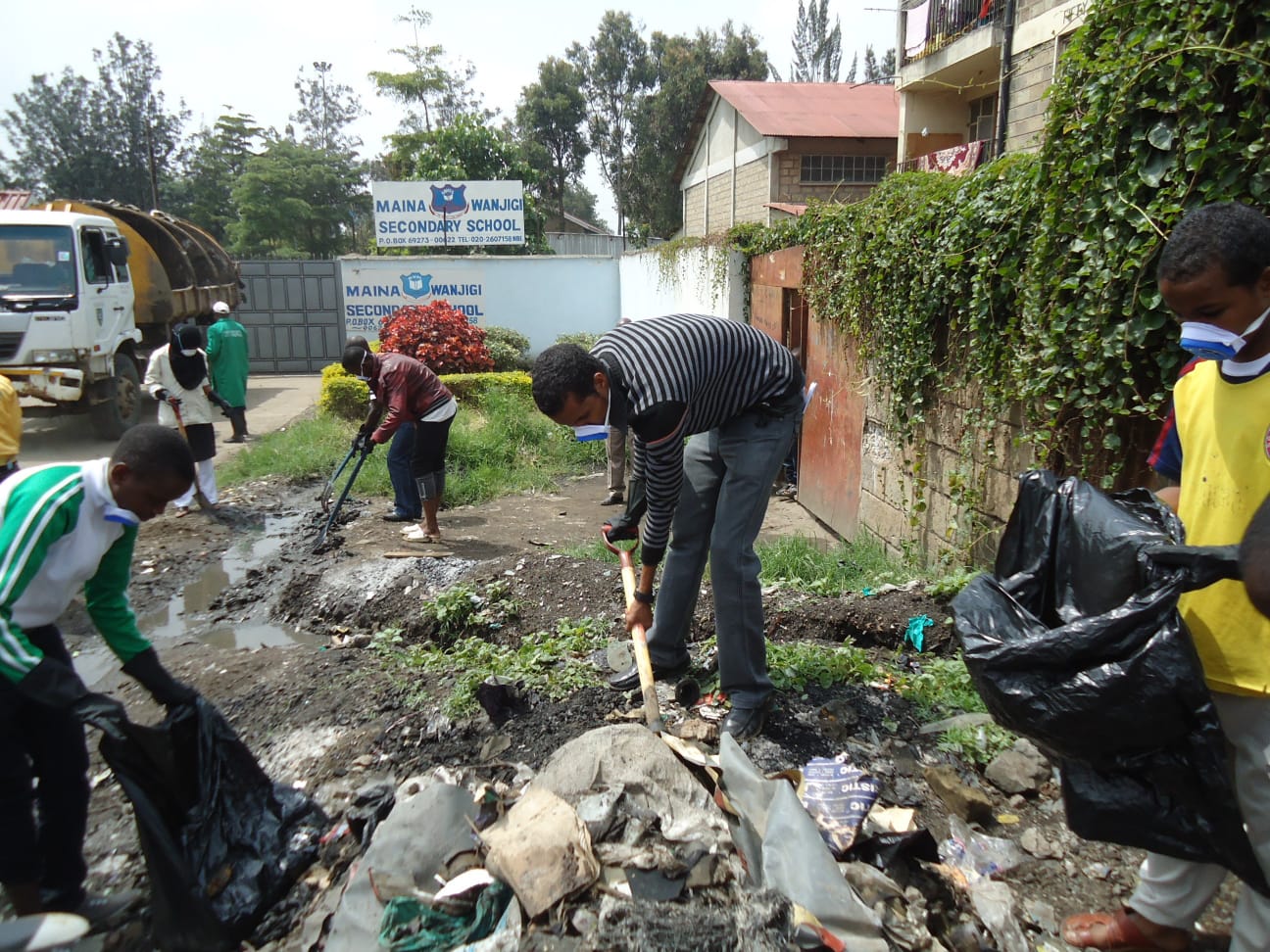
Sports Community Project
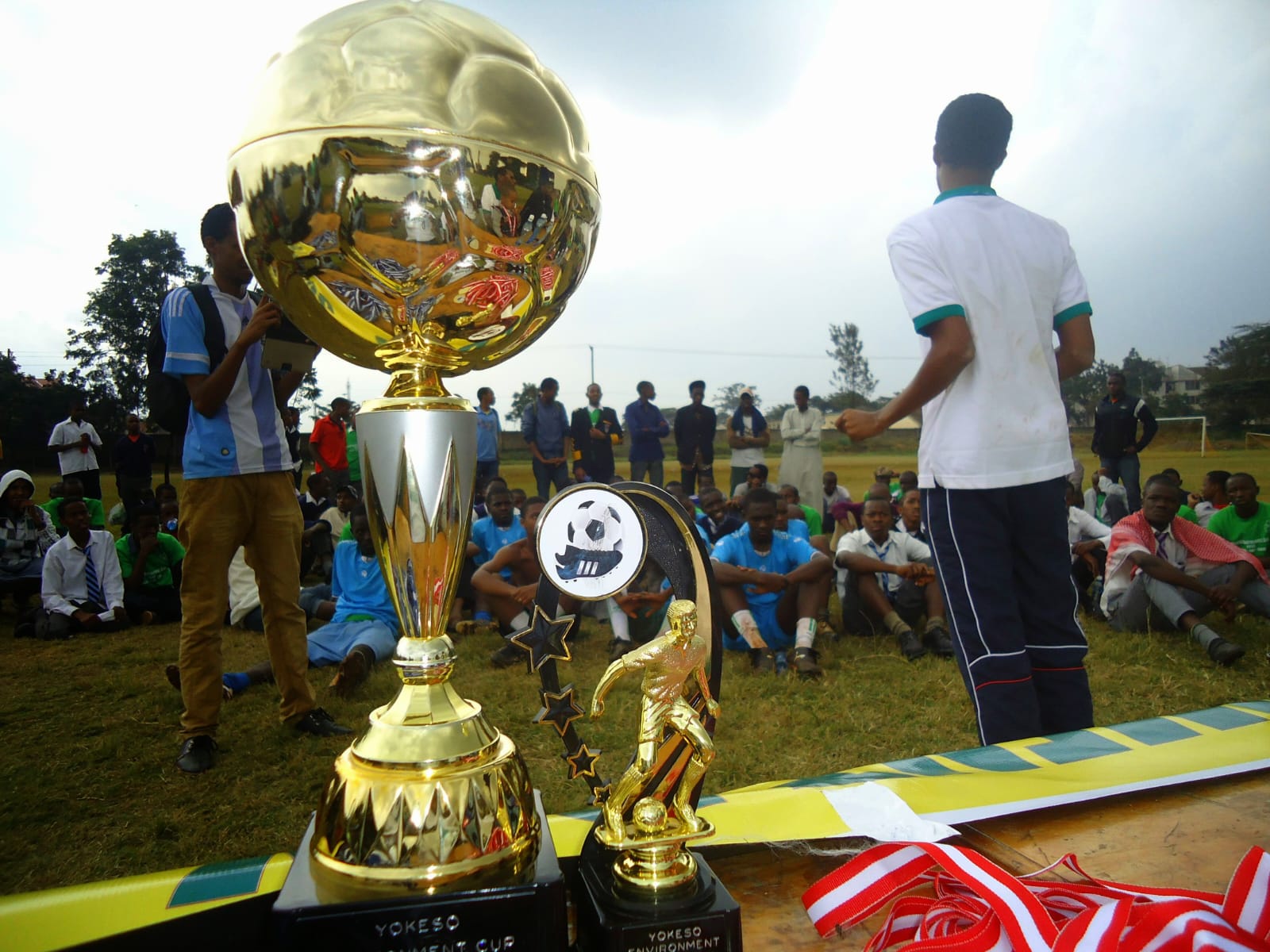
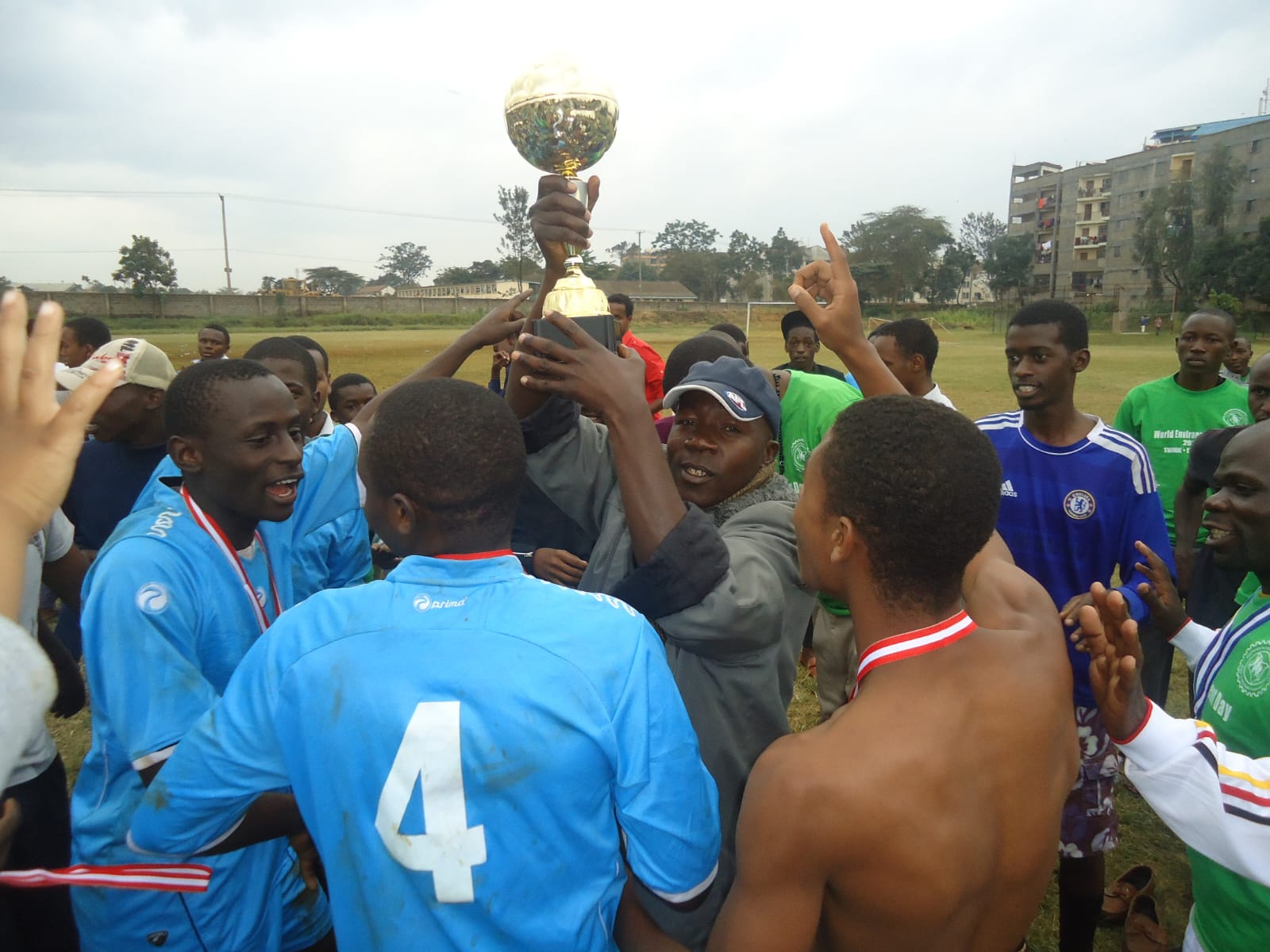
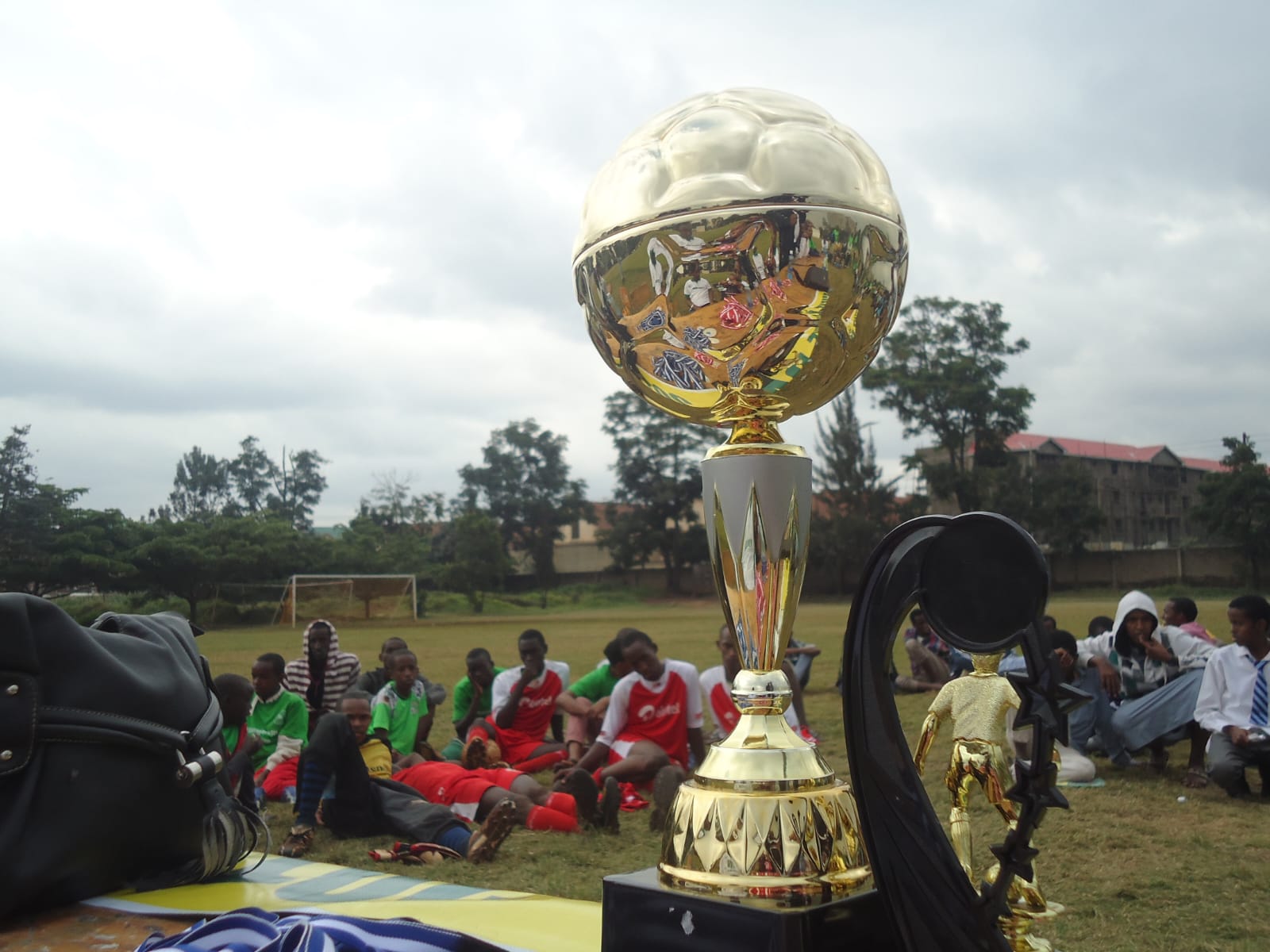
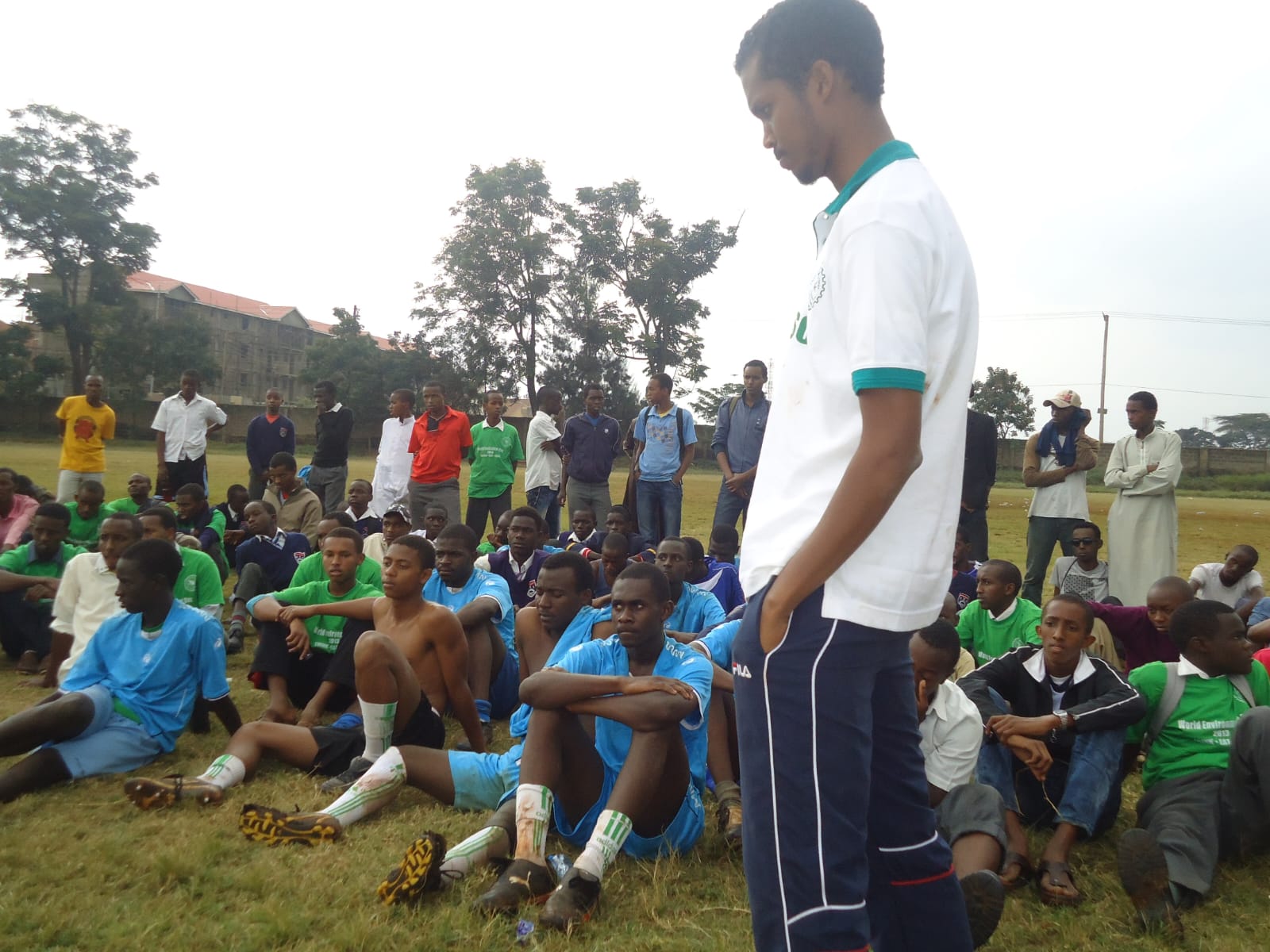
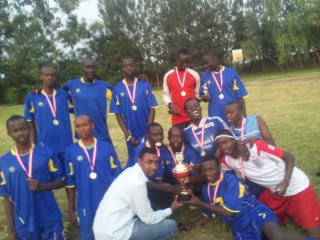
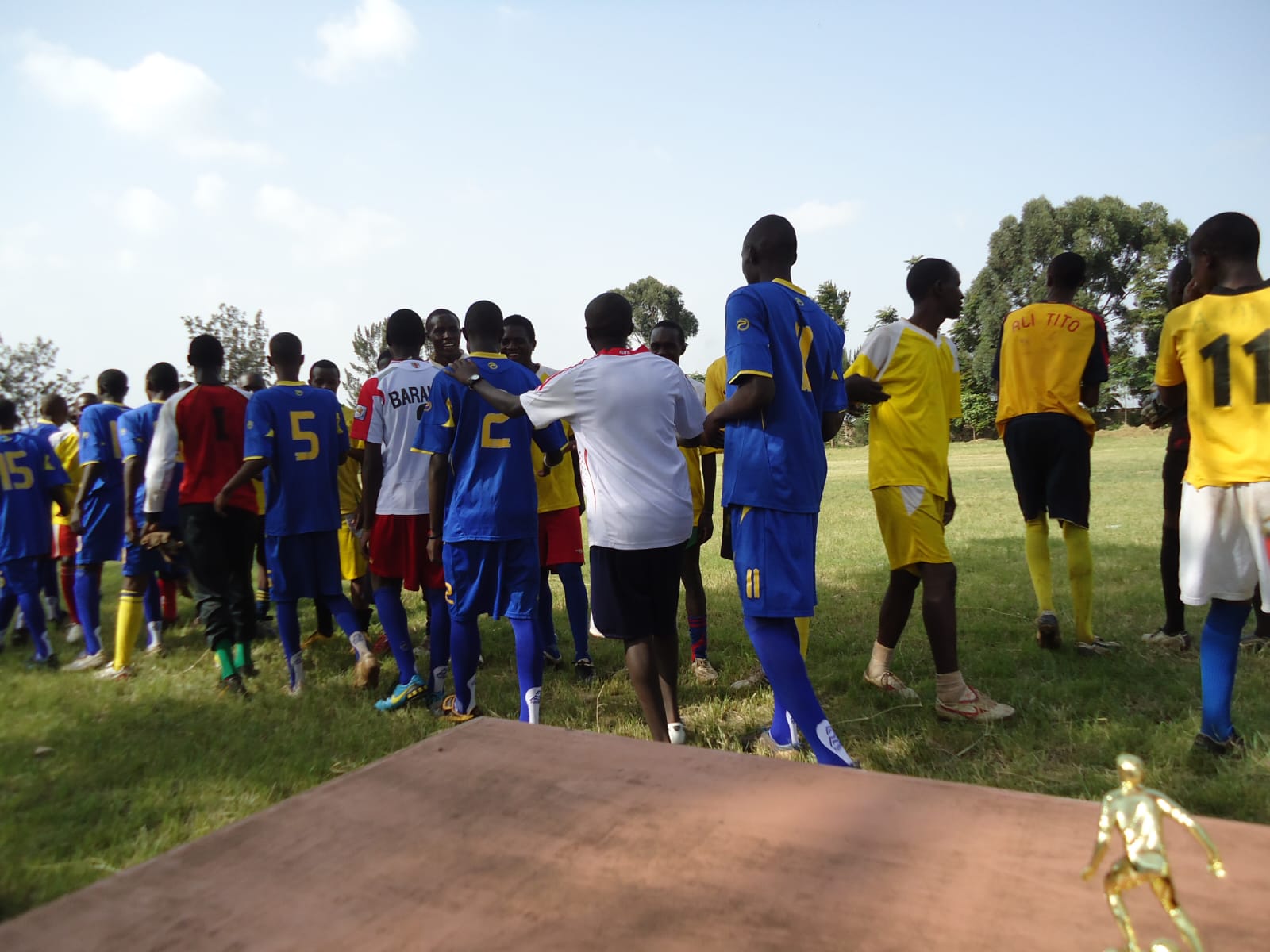
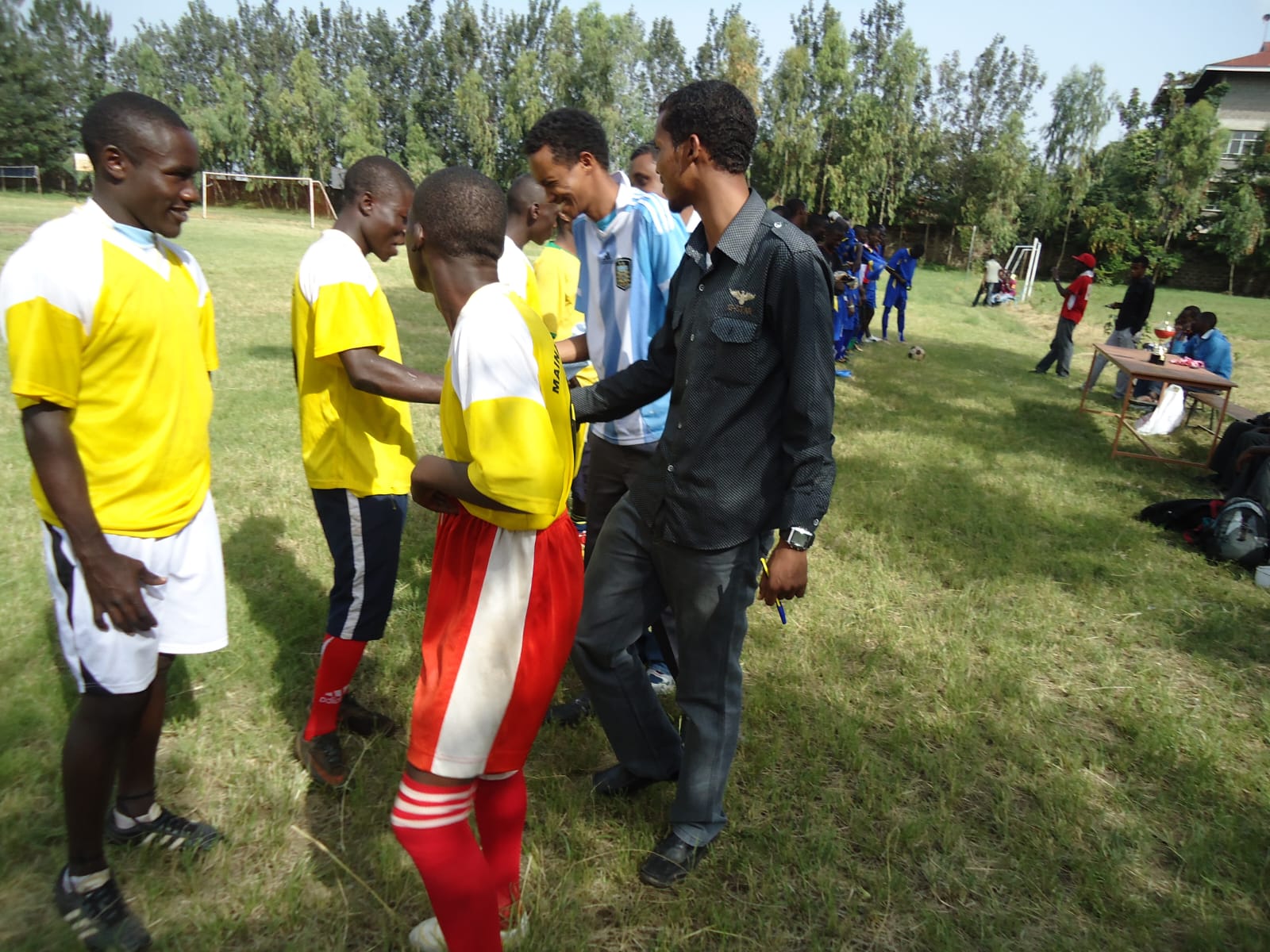
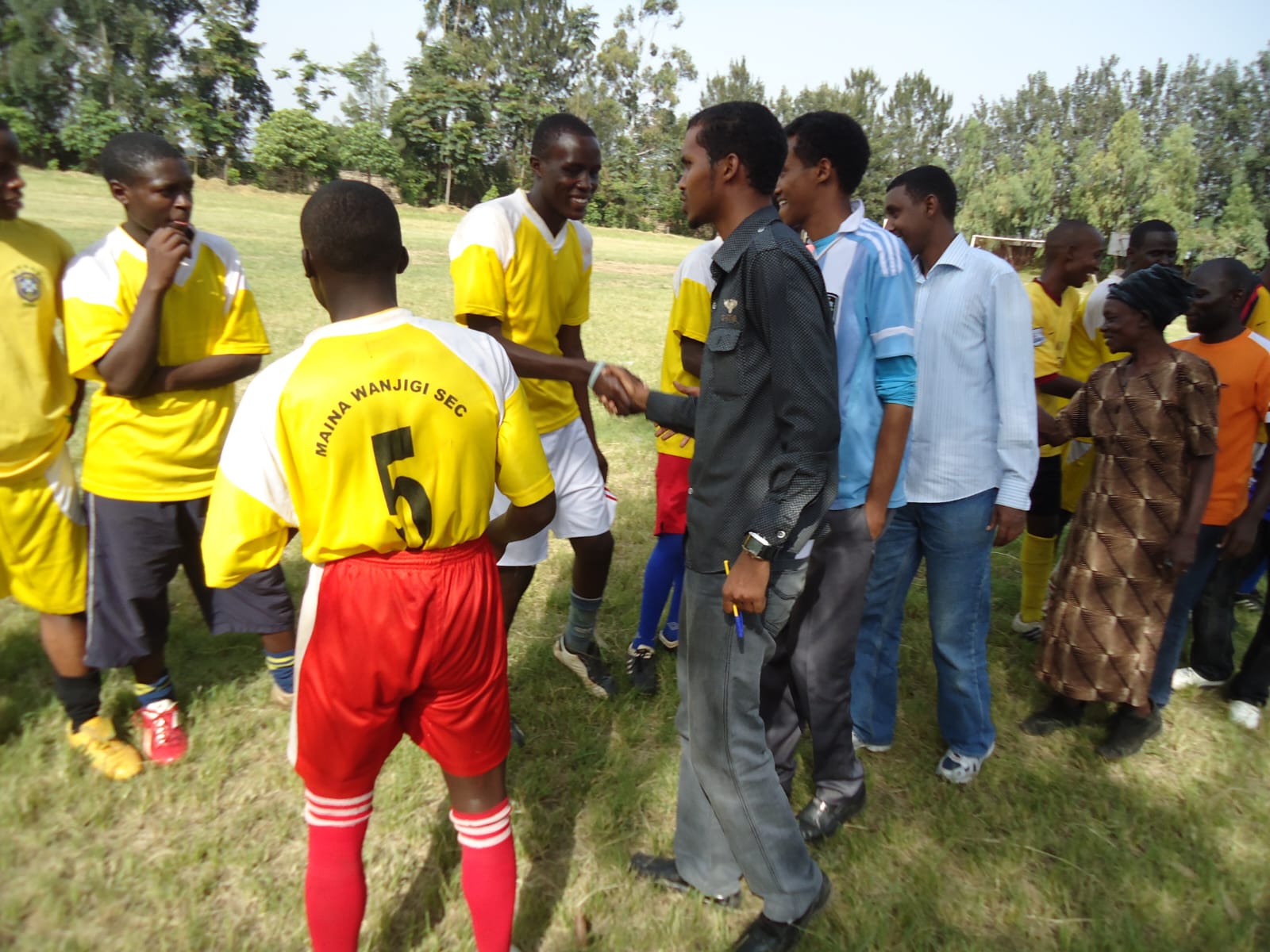
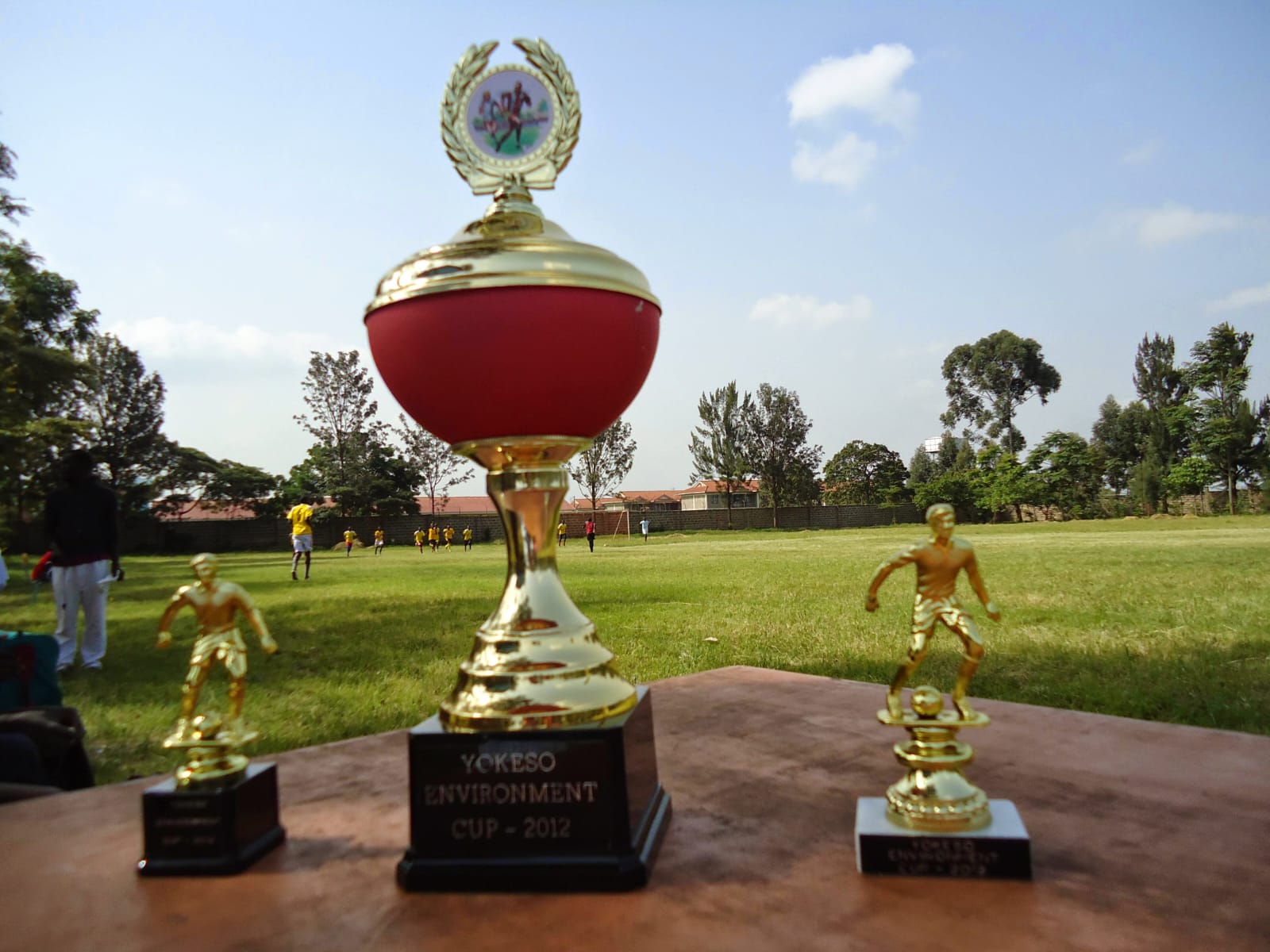
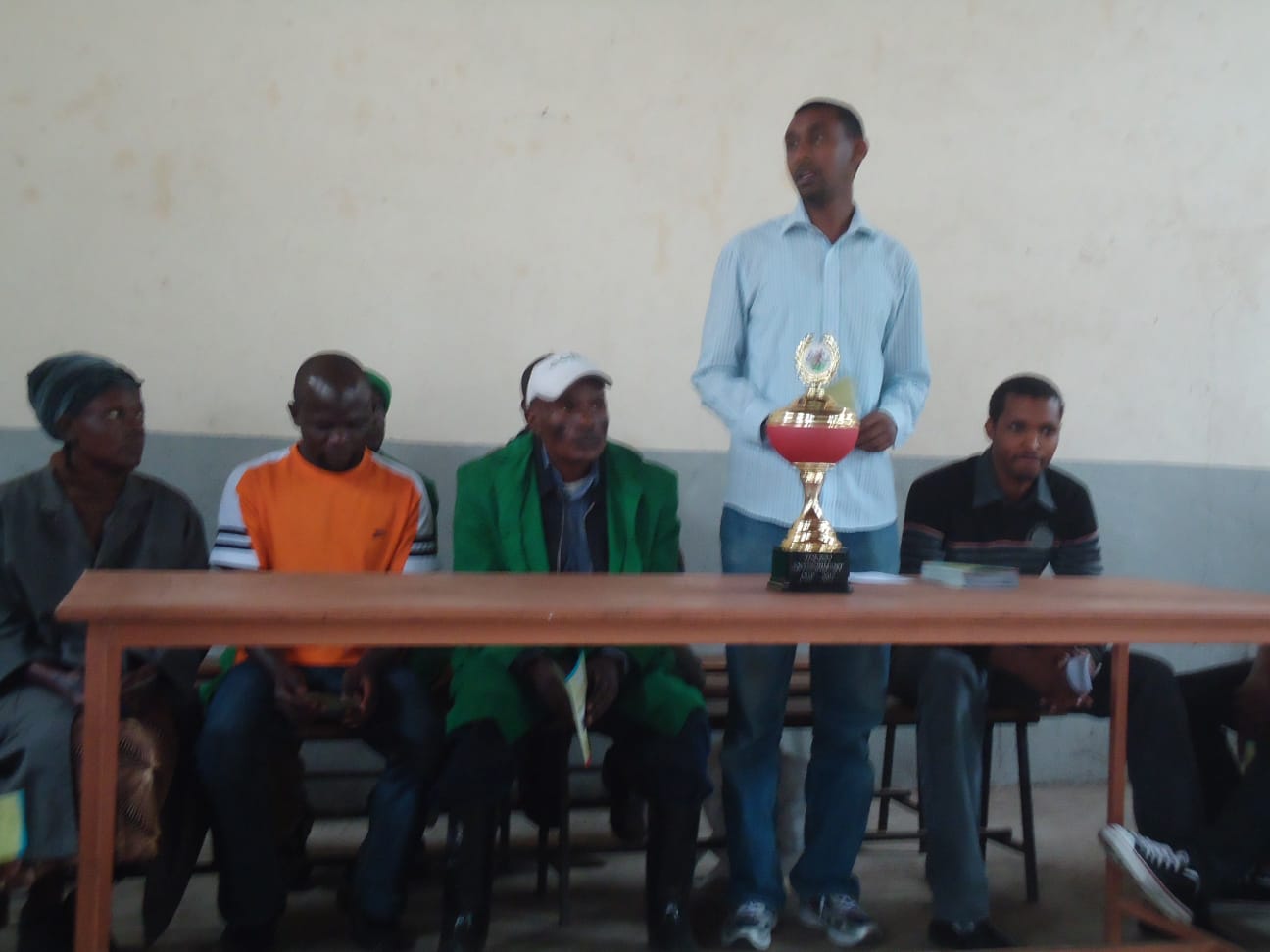

Education & Nurturing Initiative
